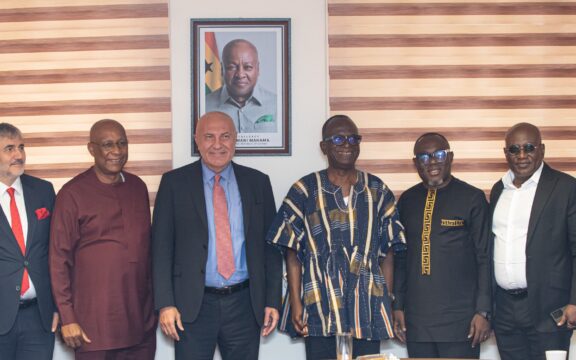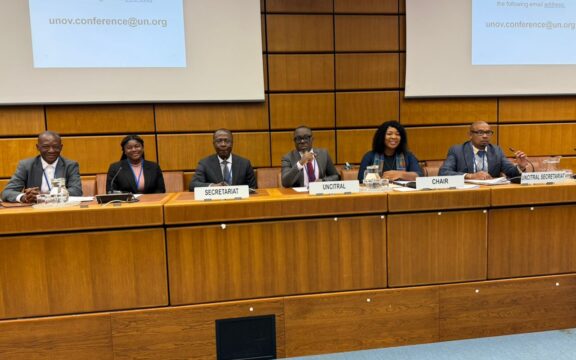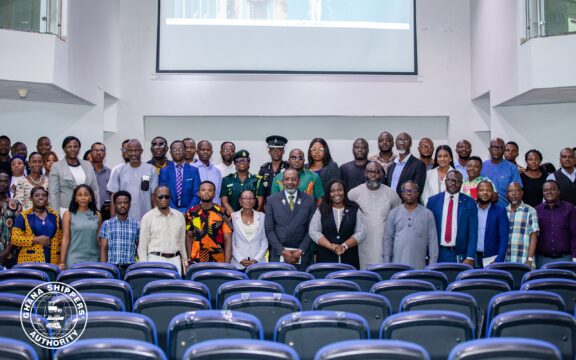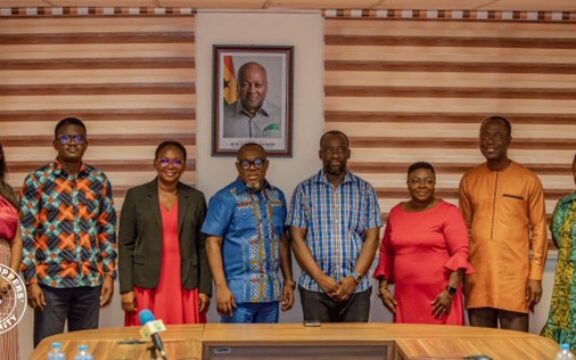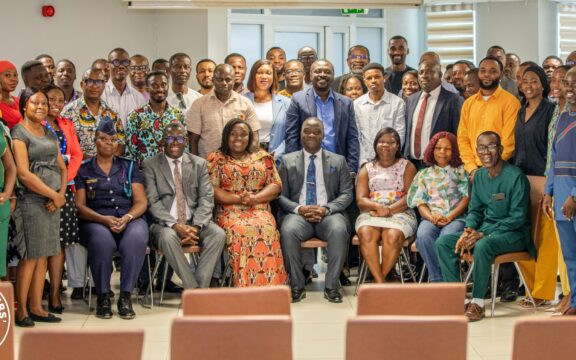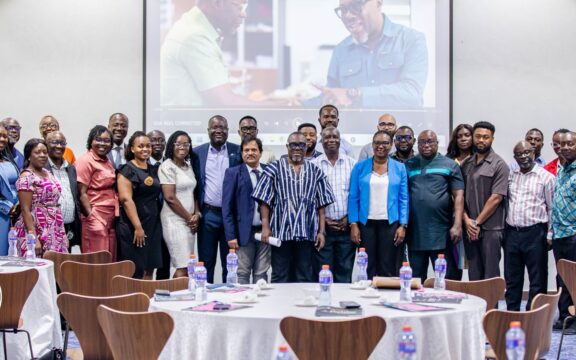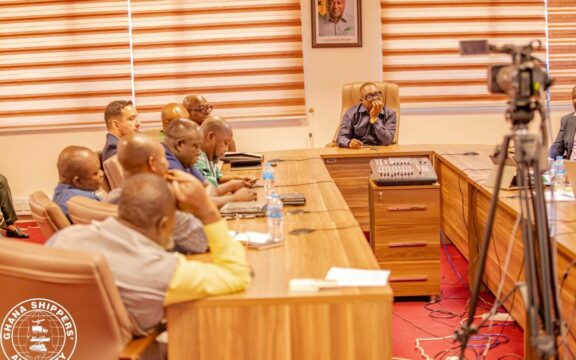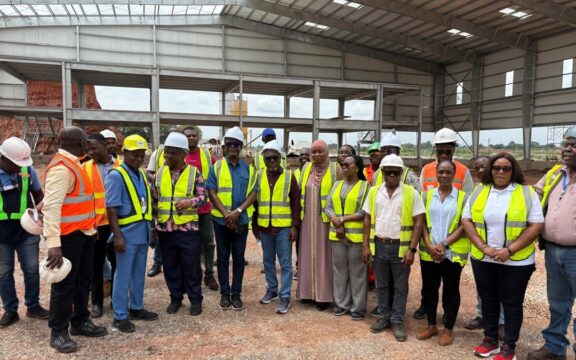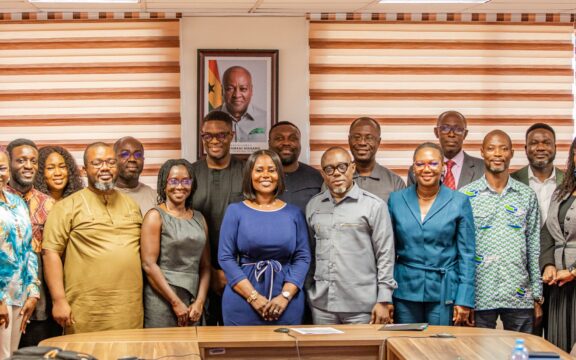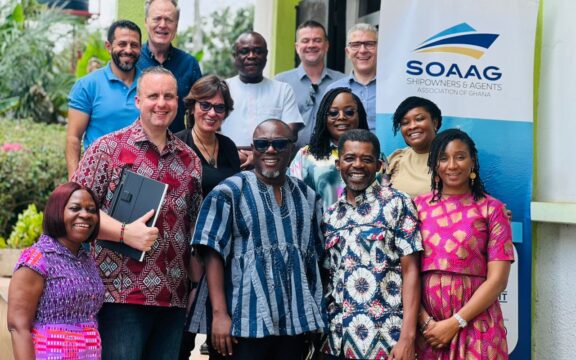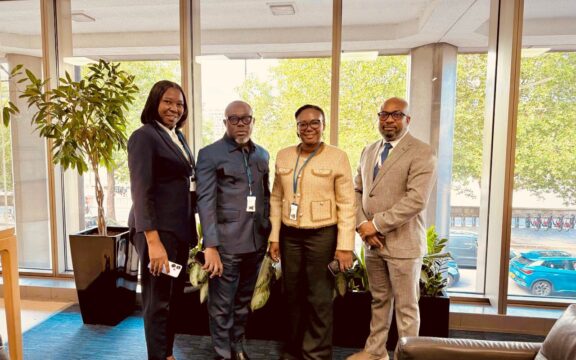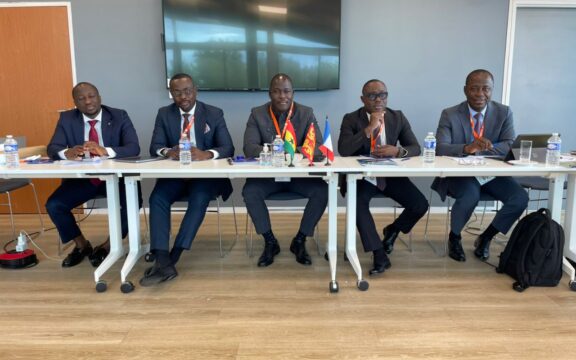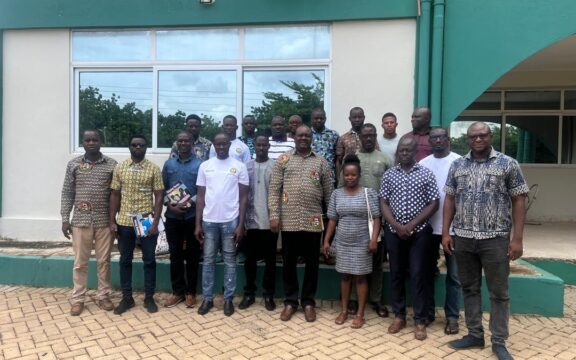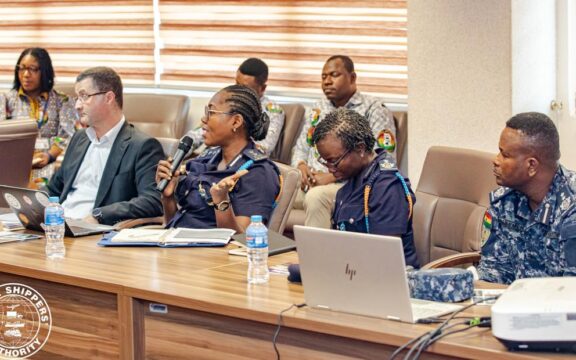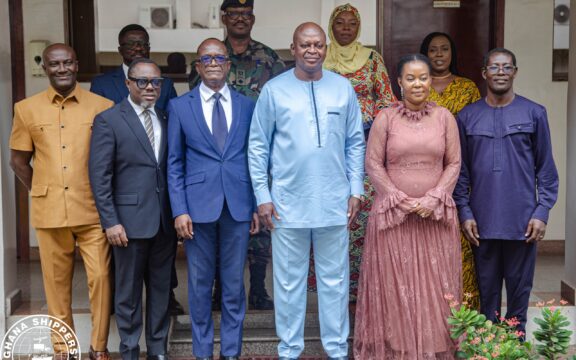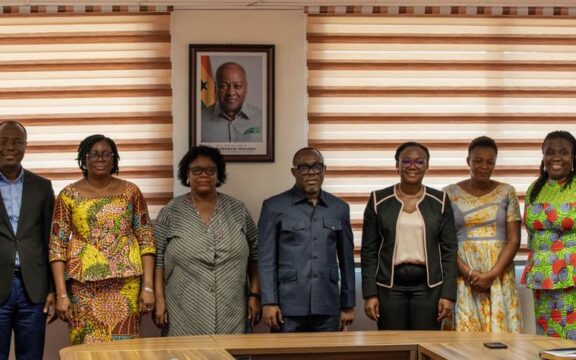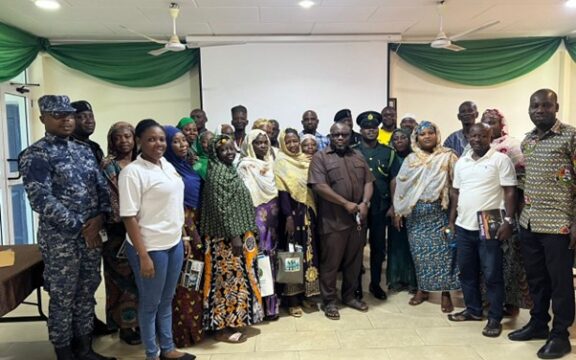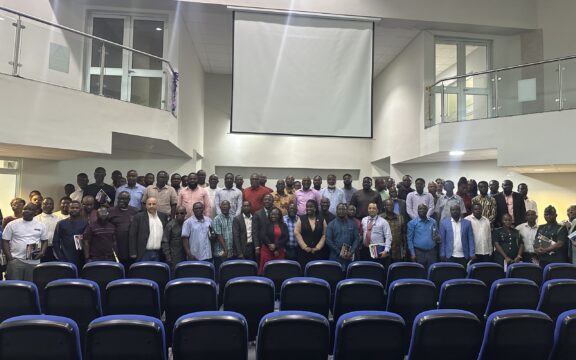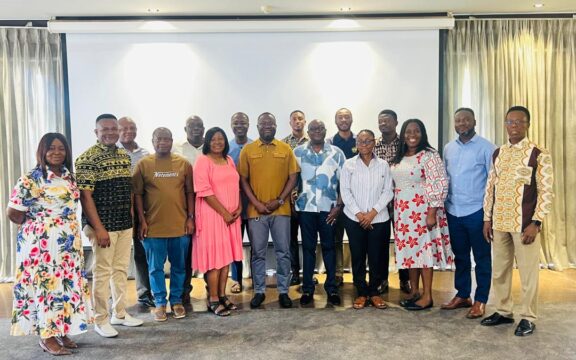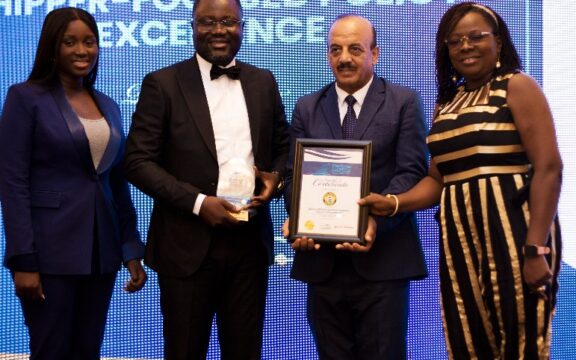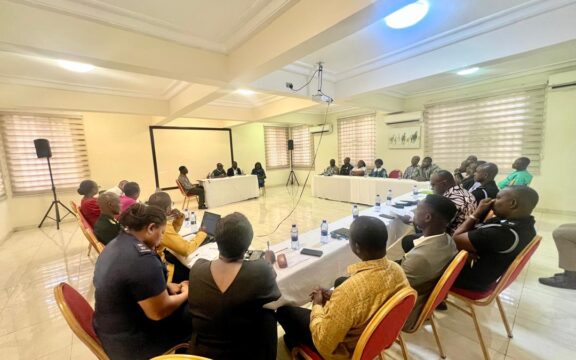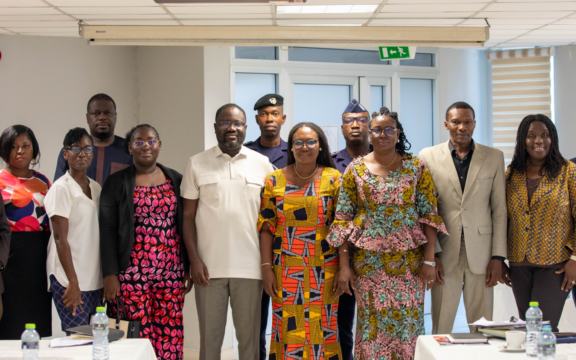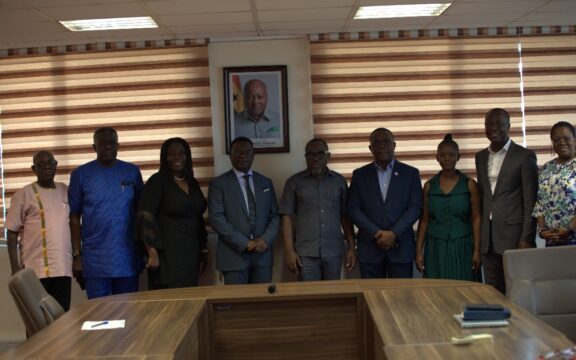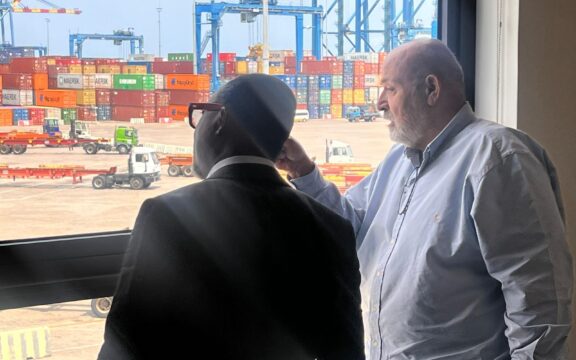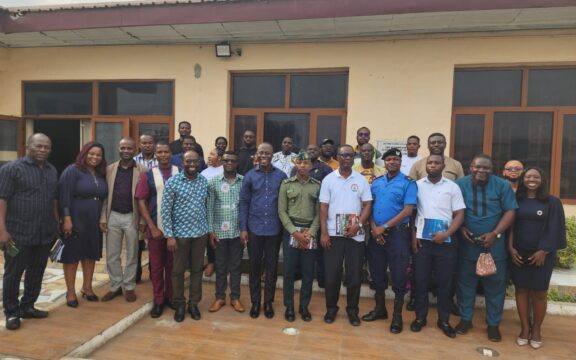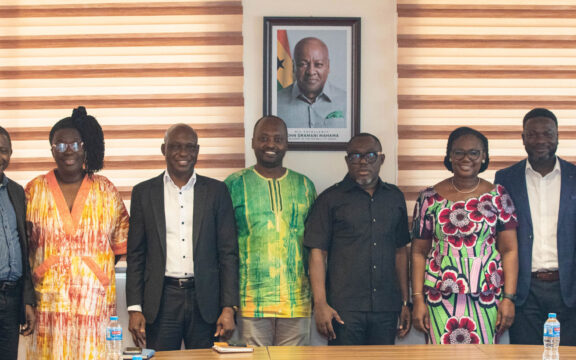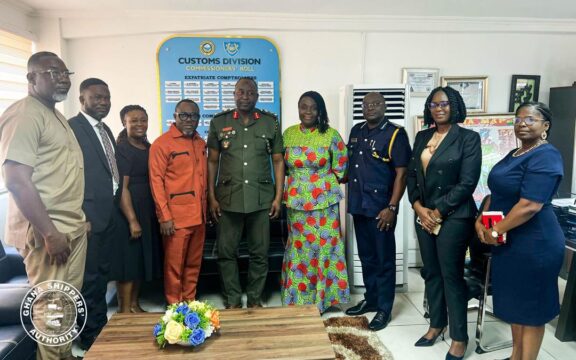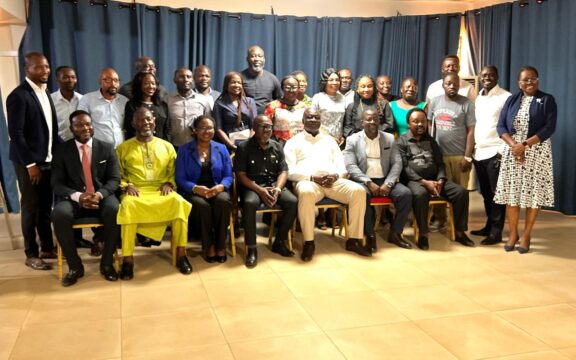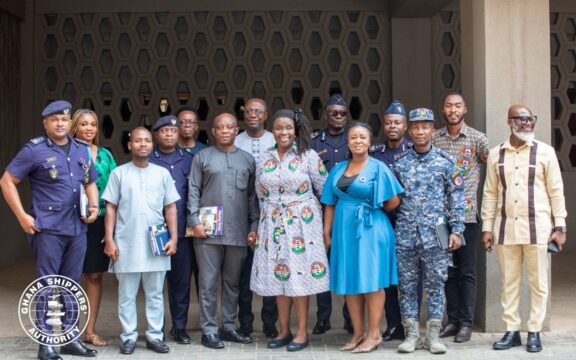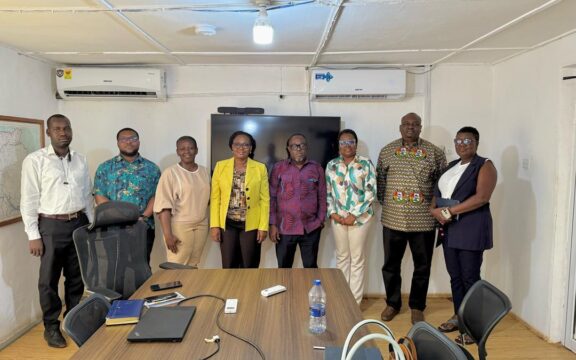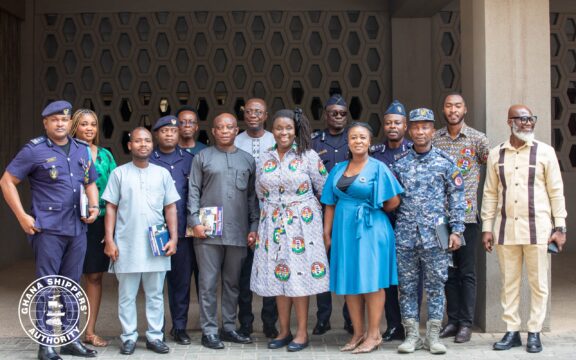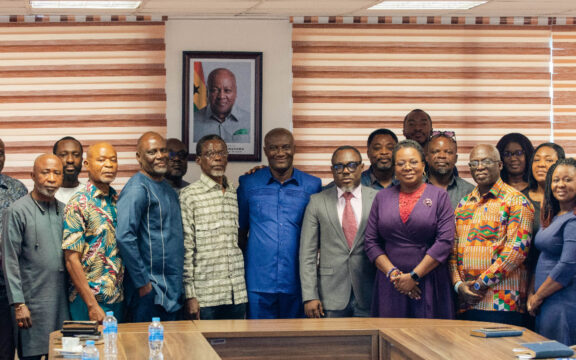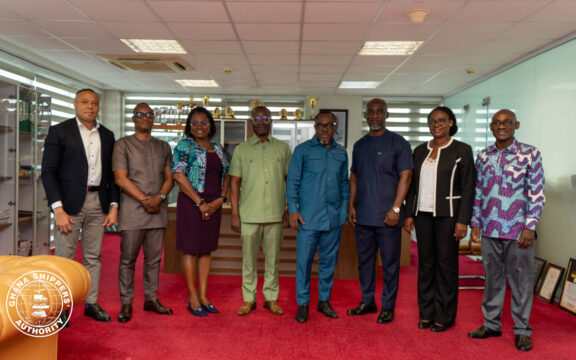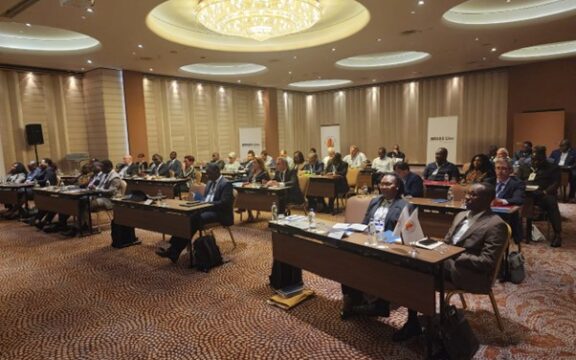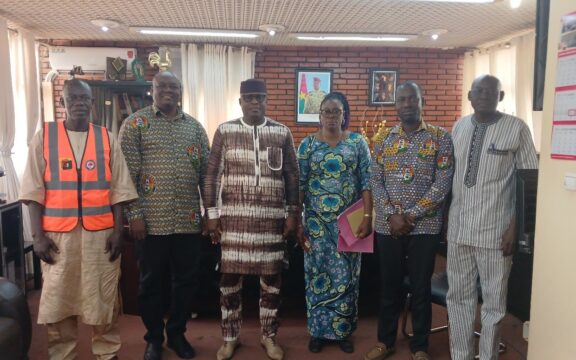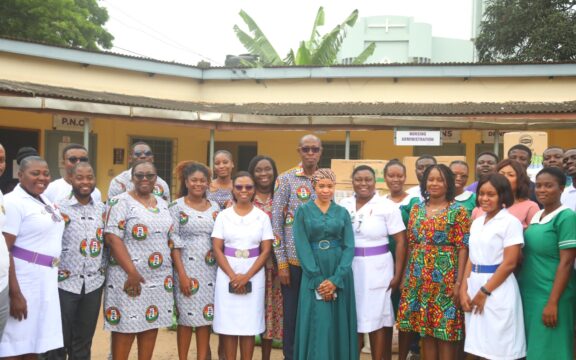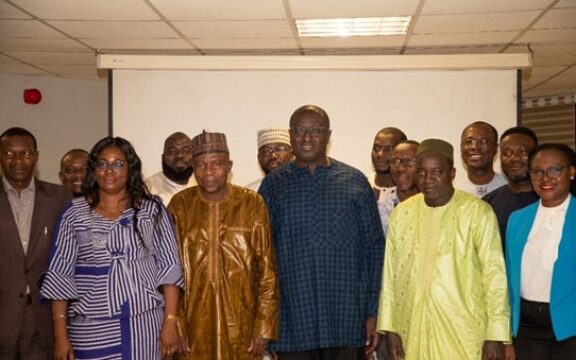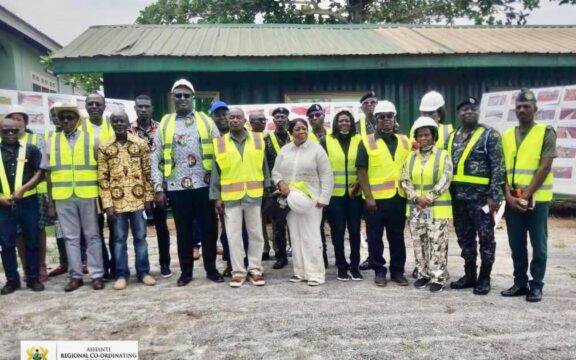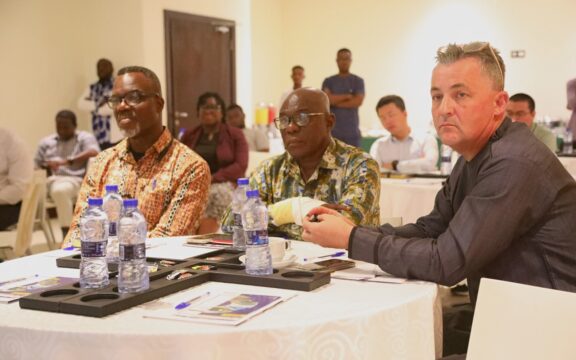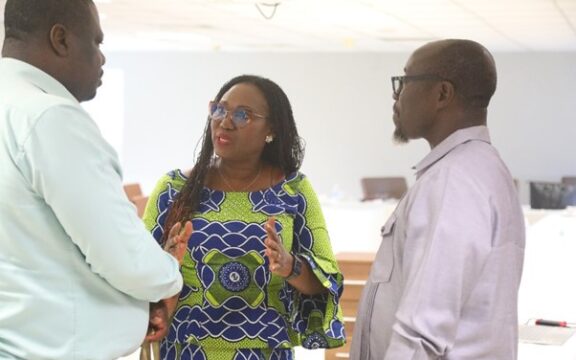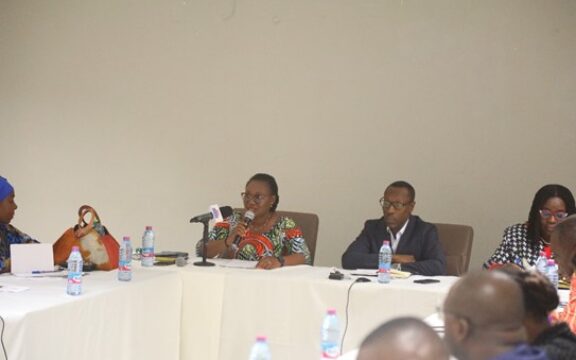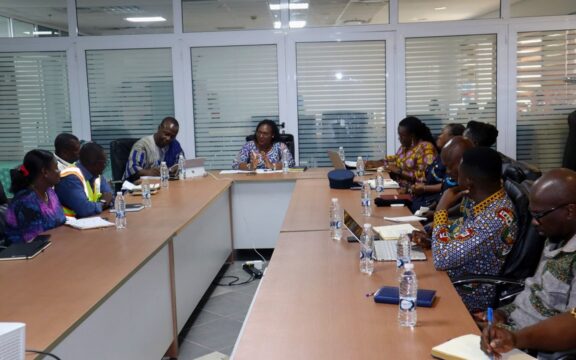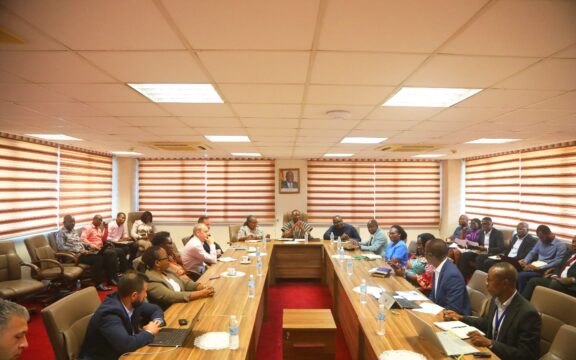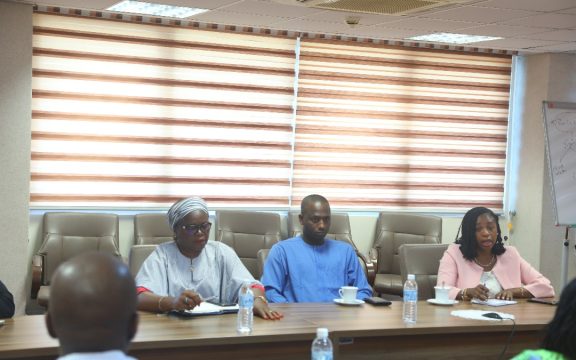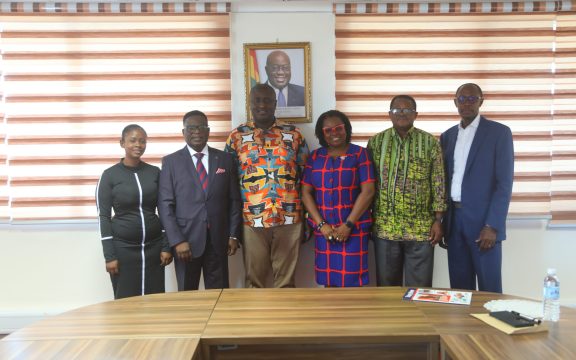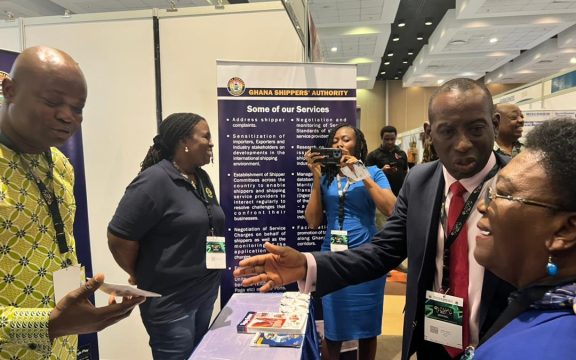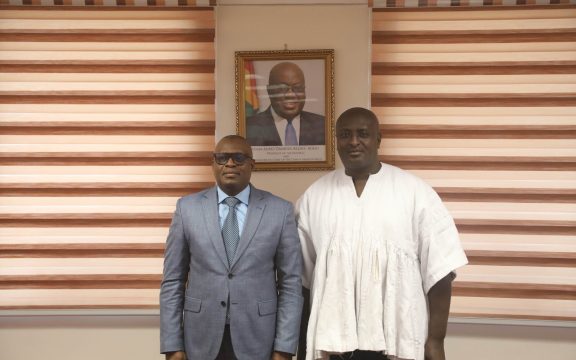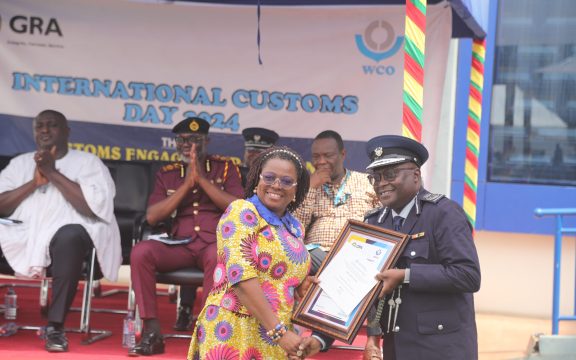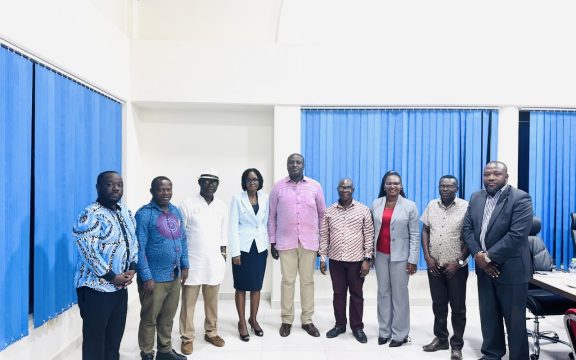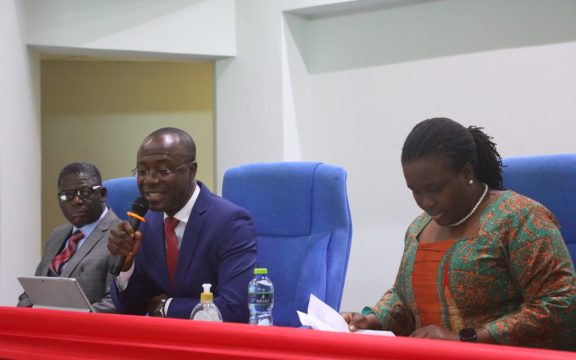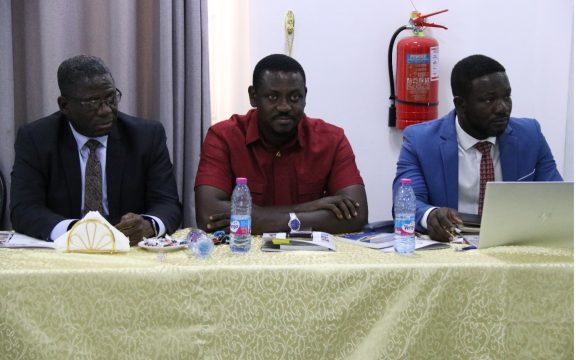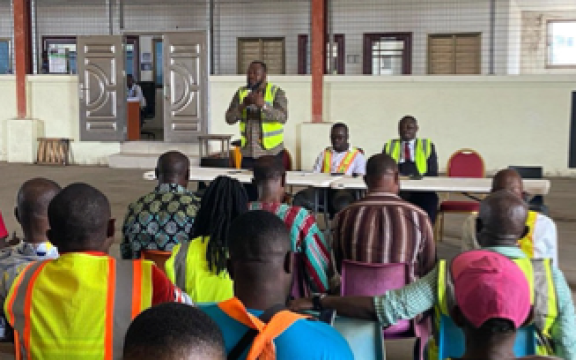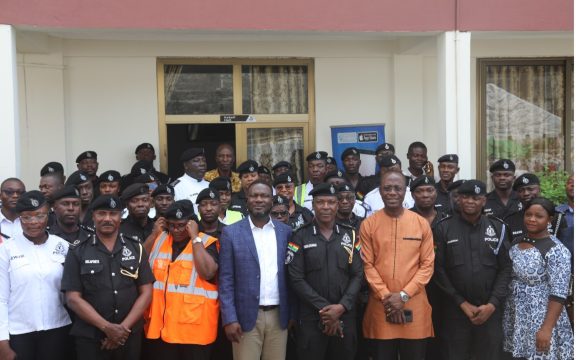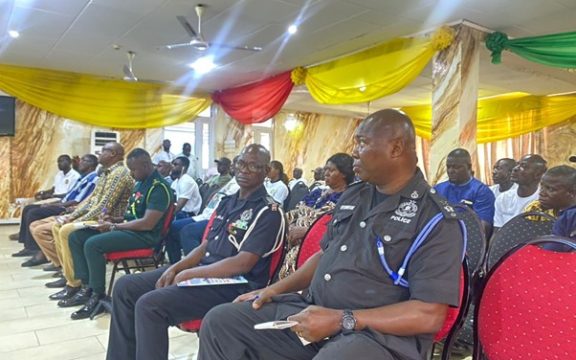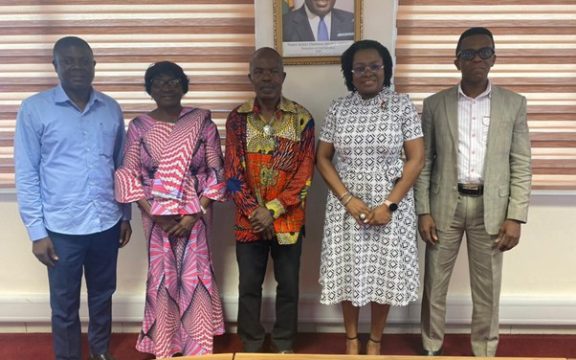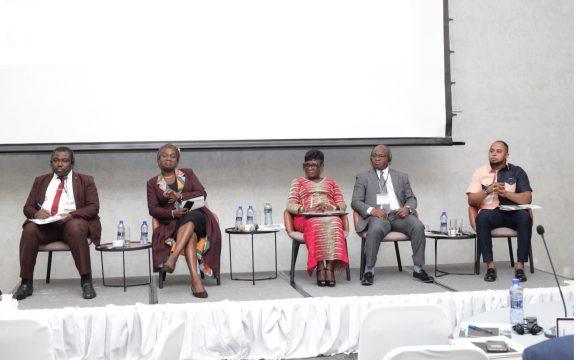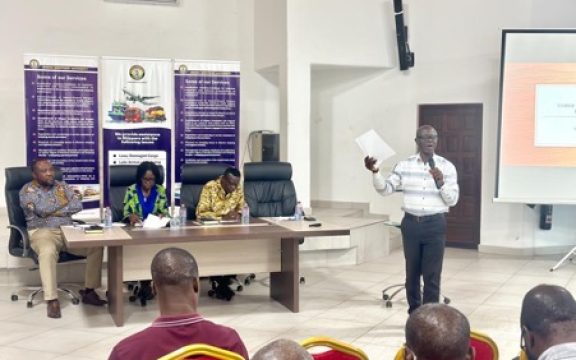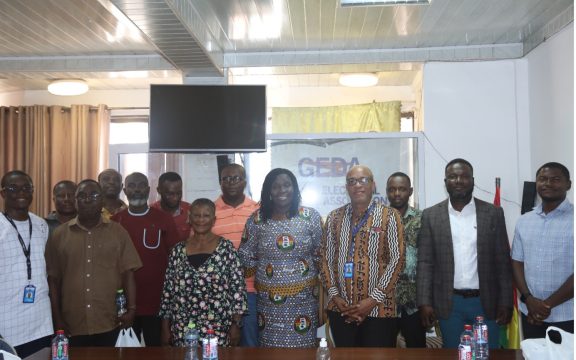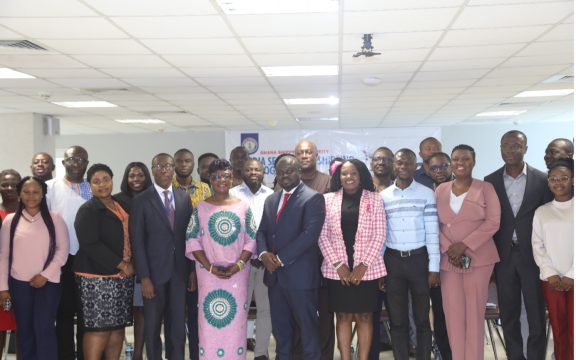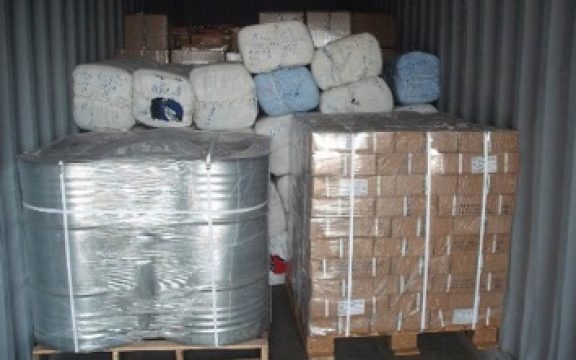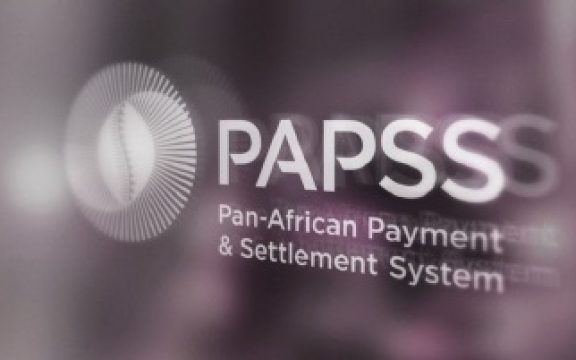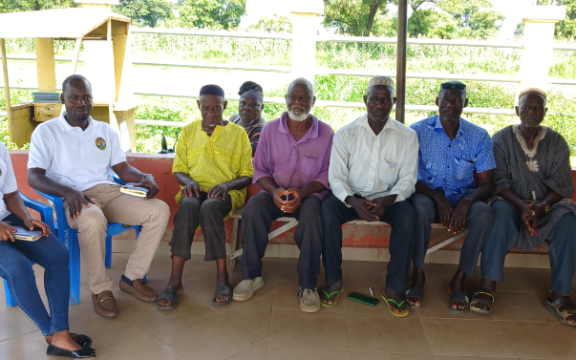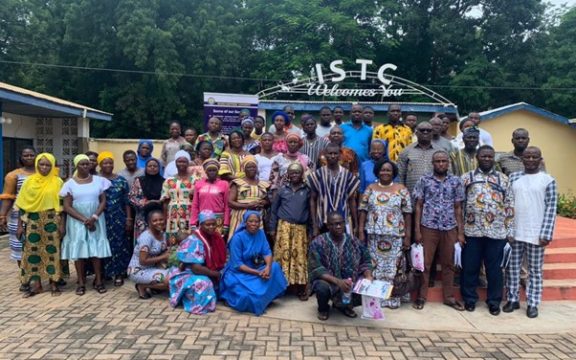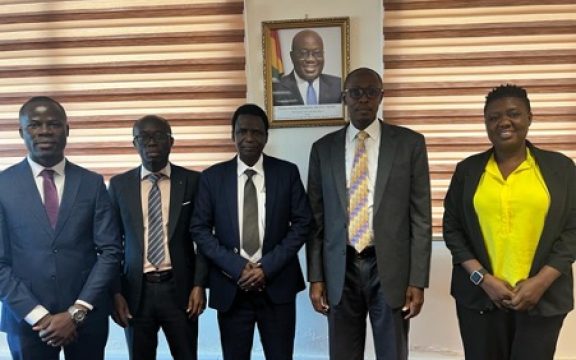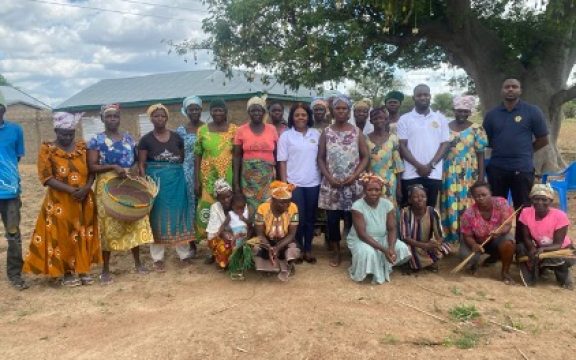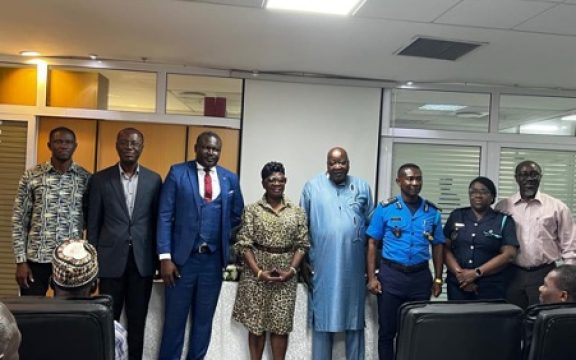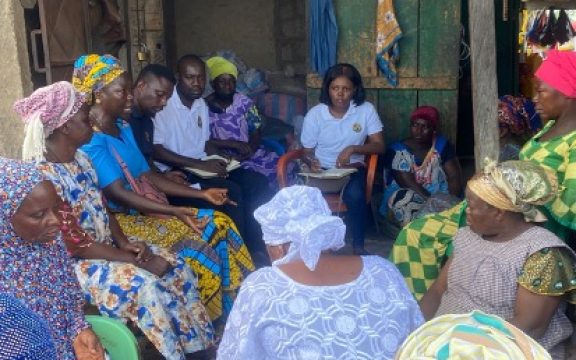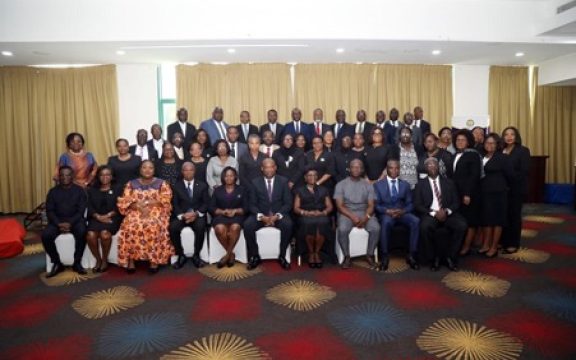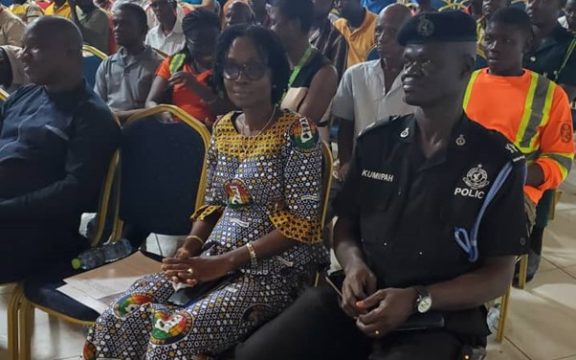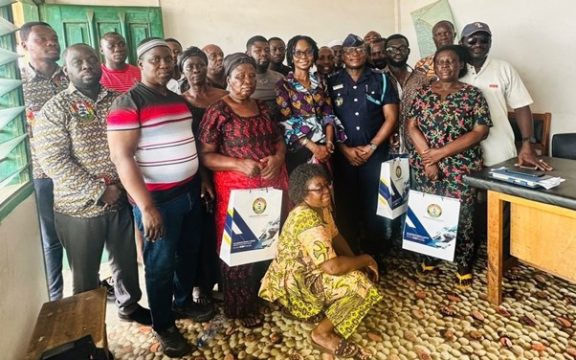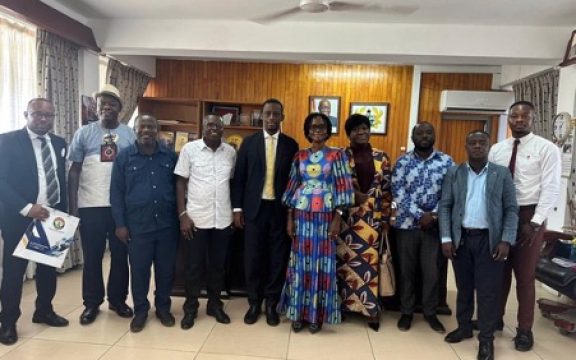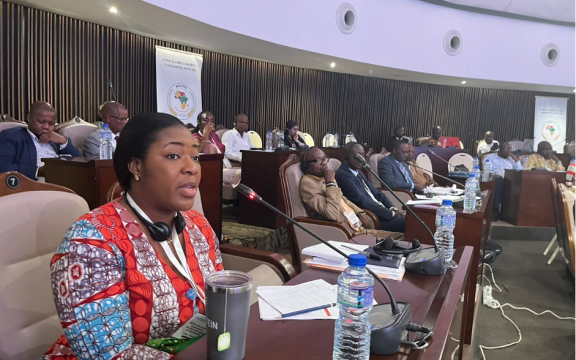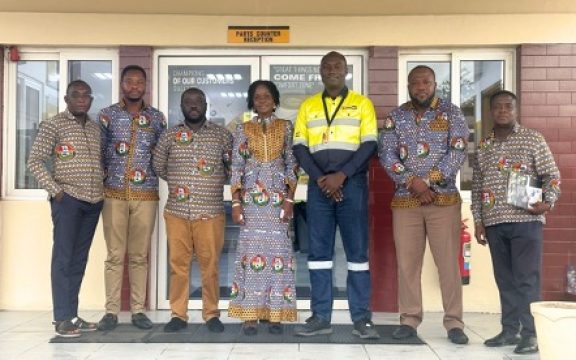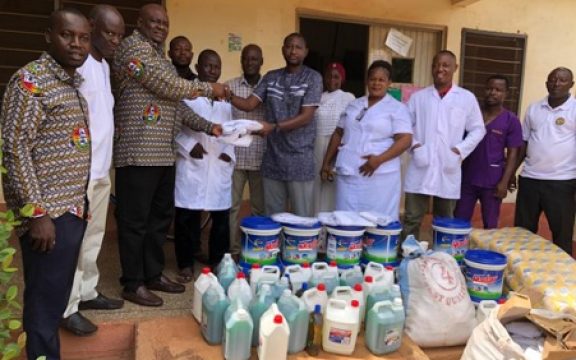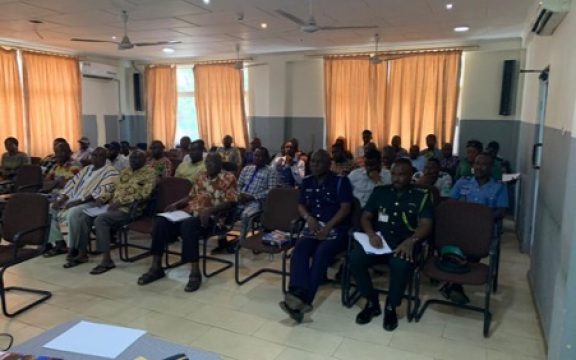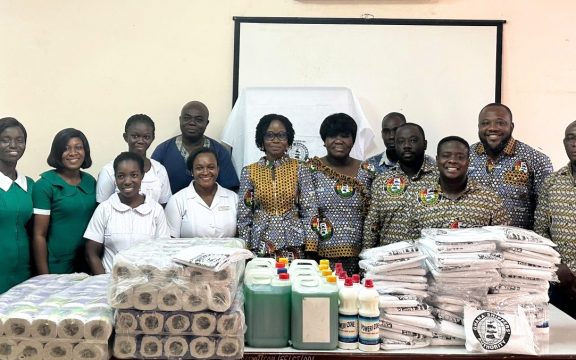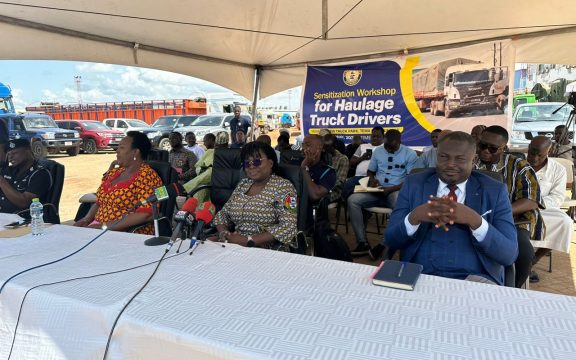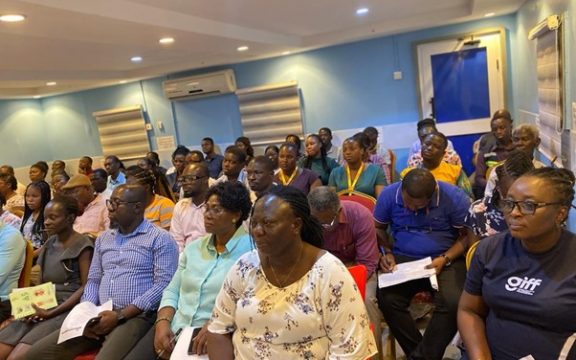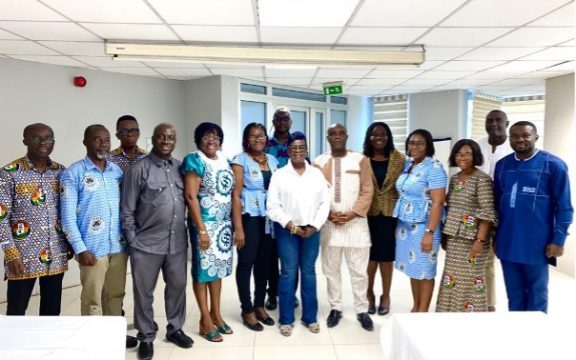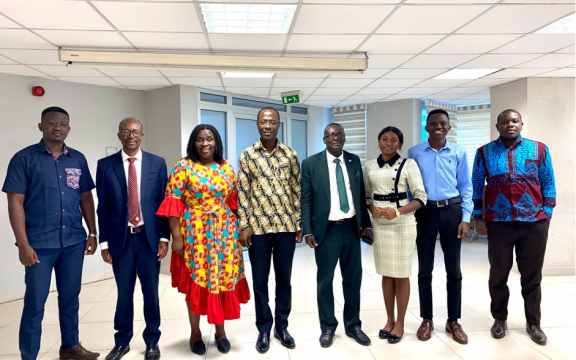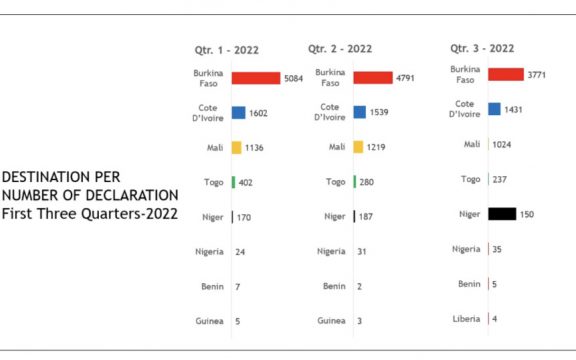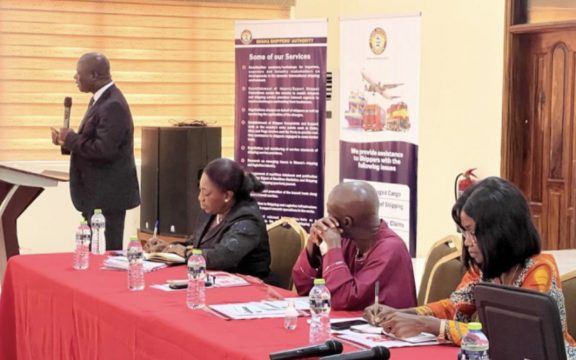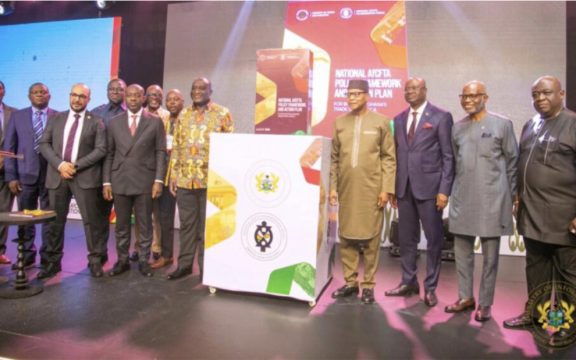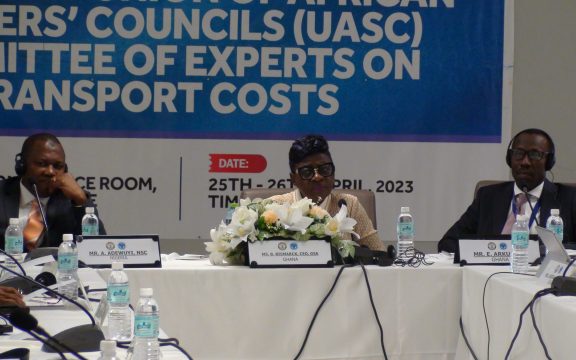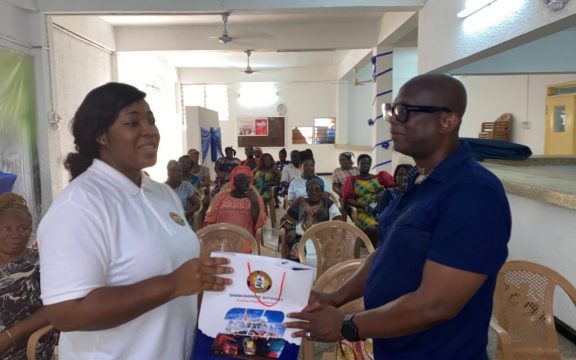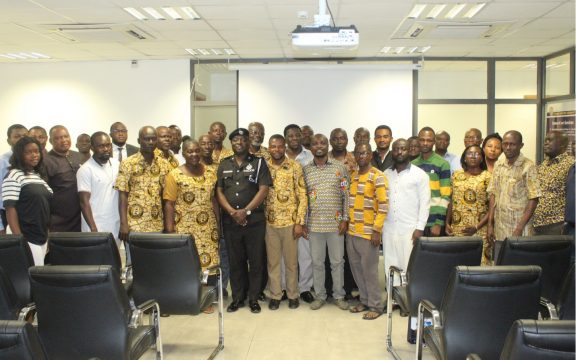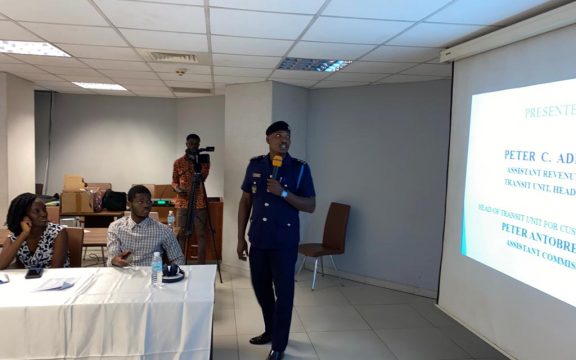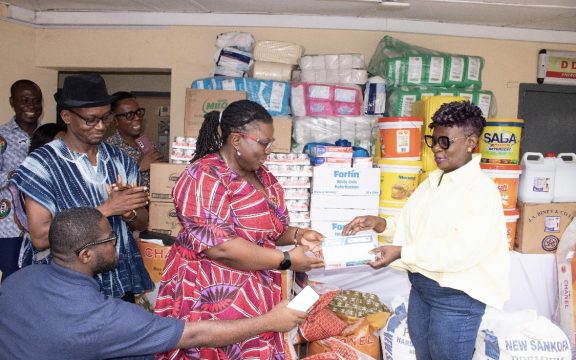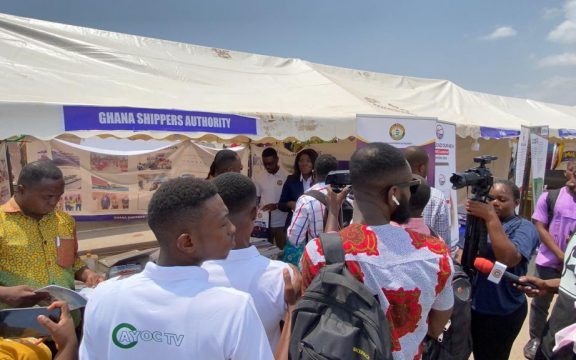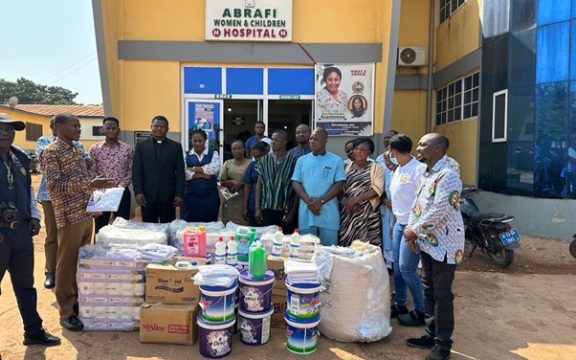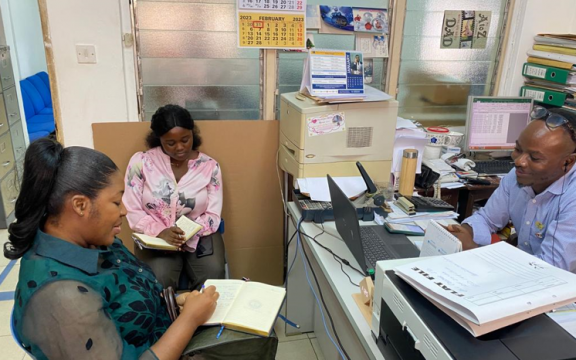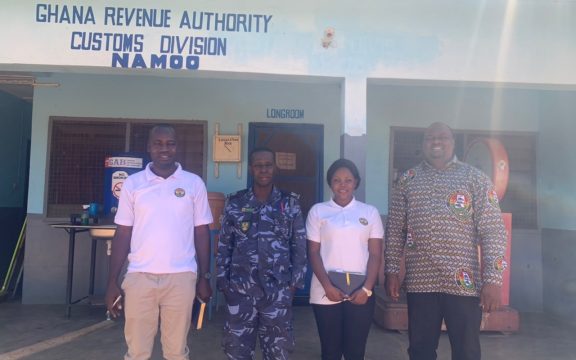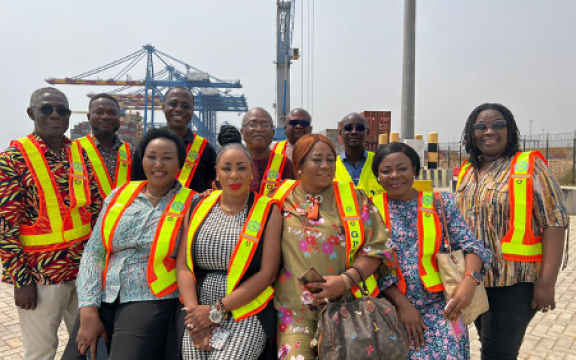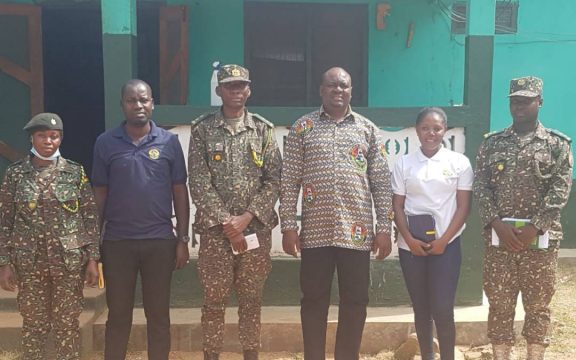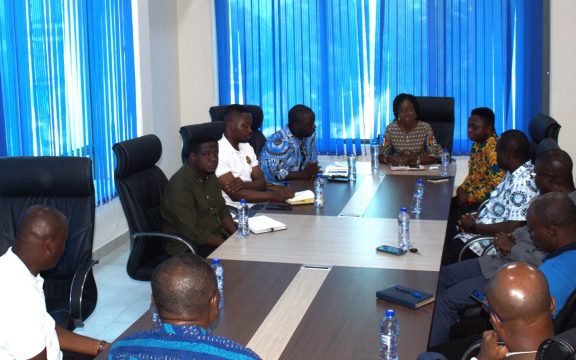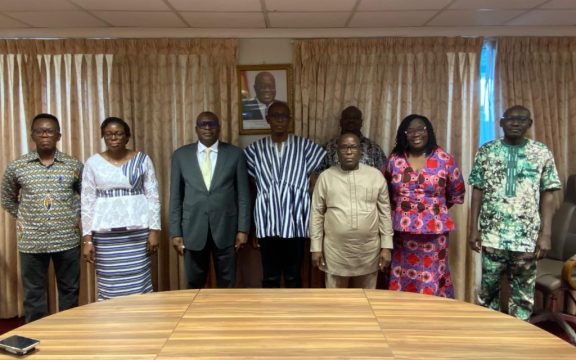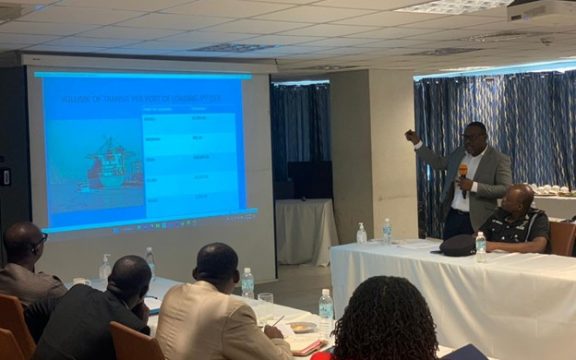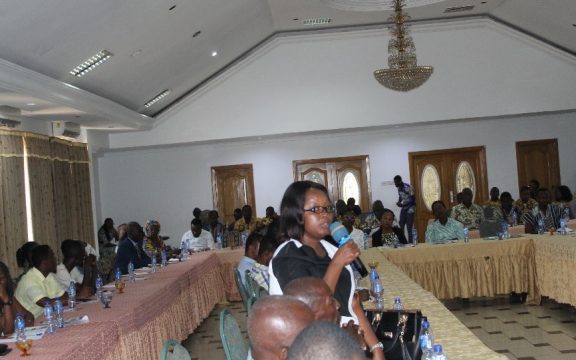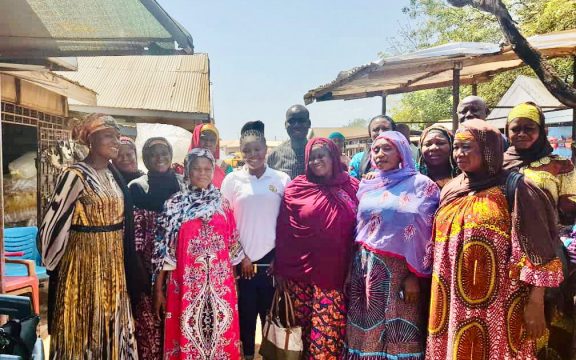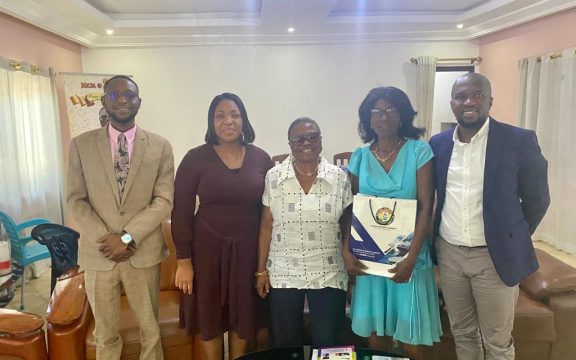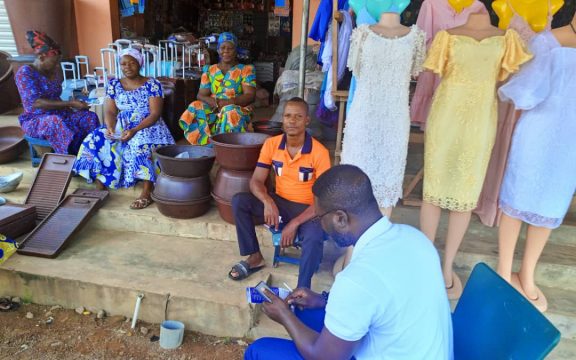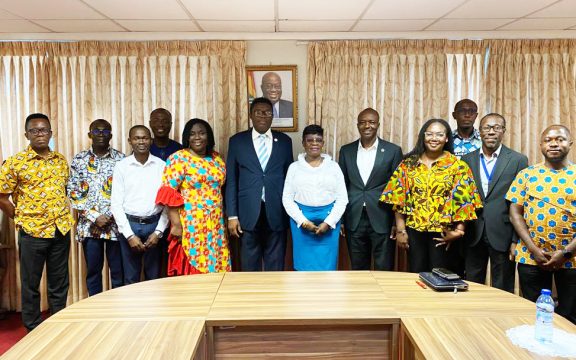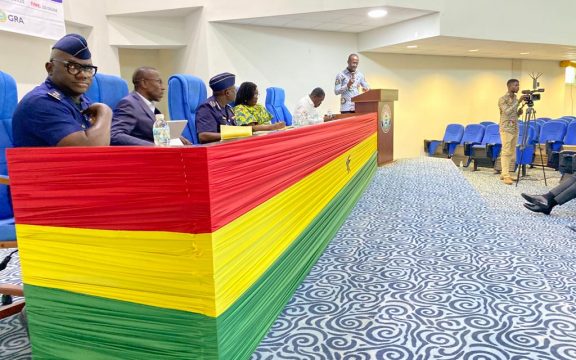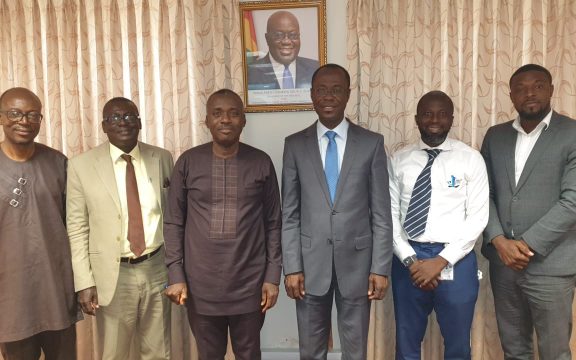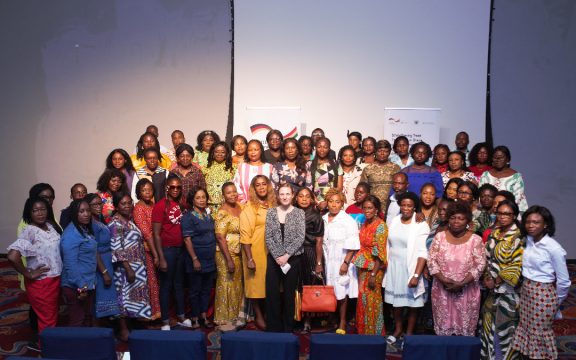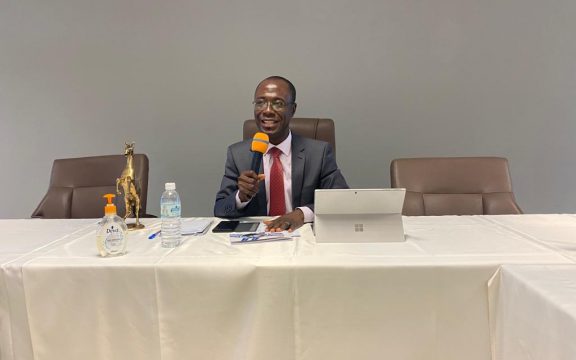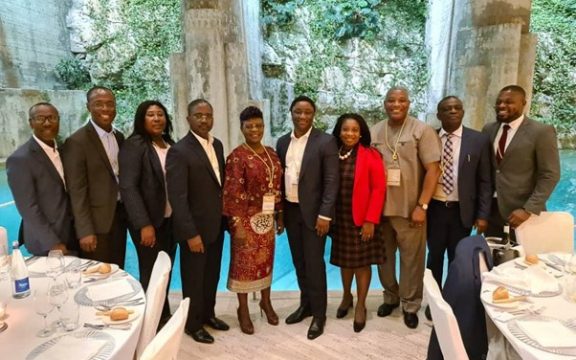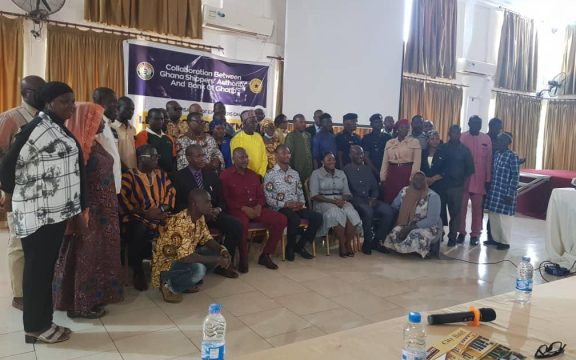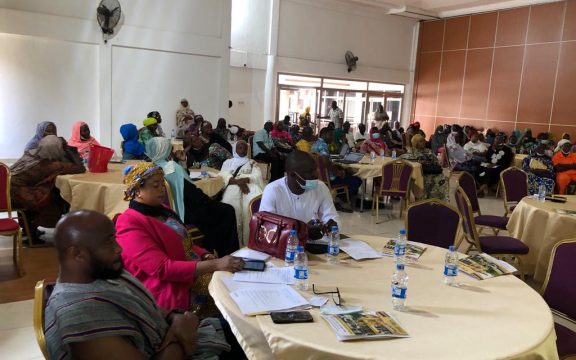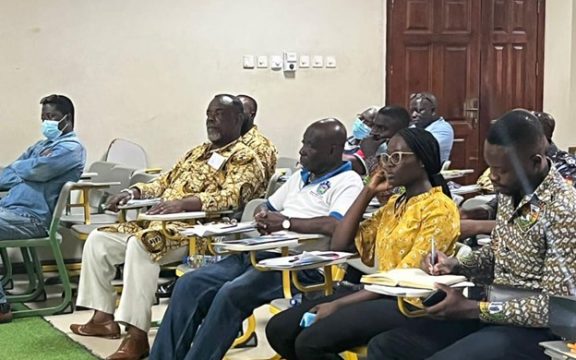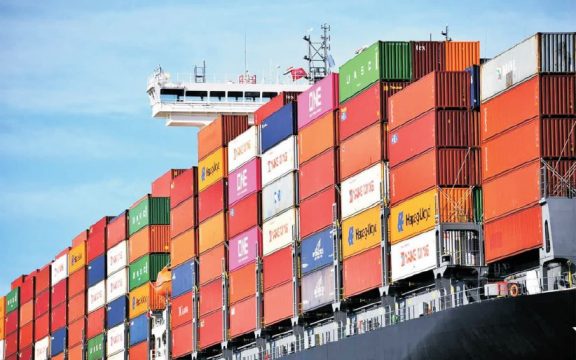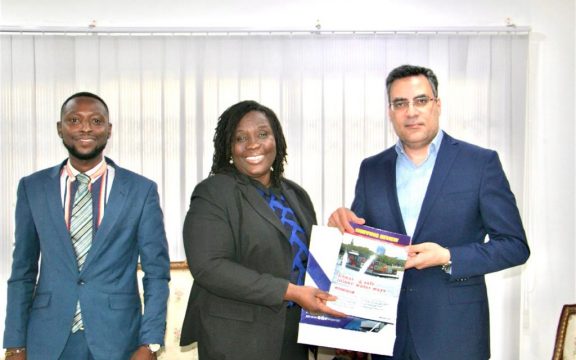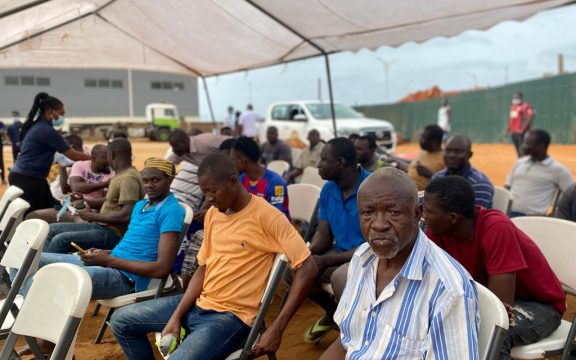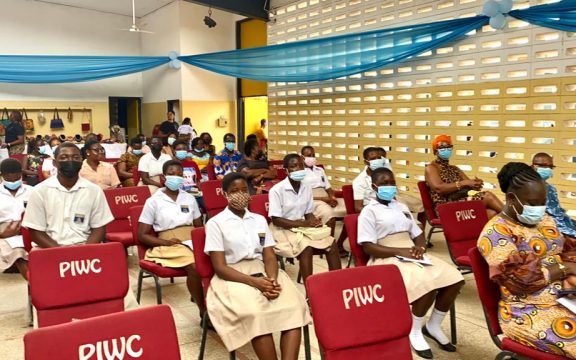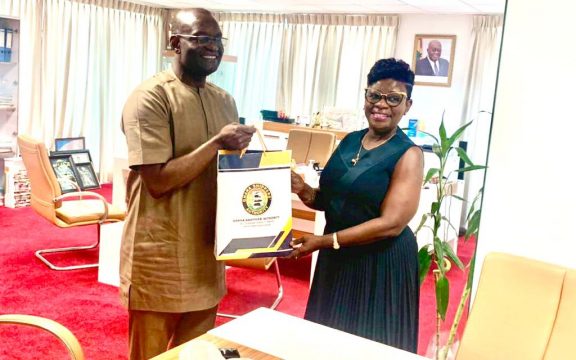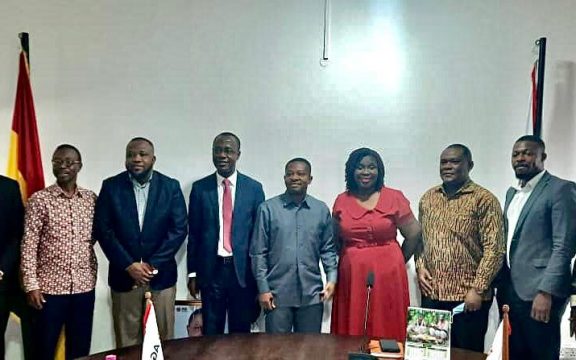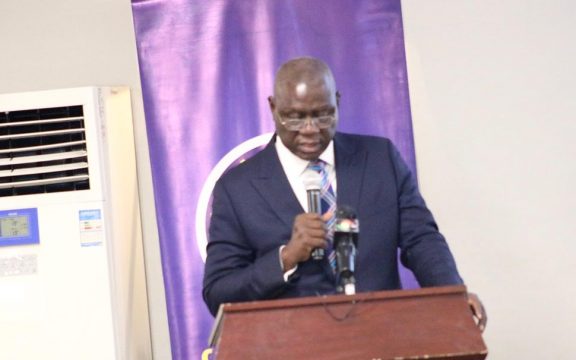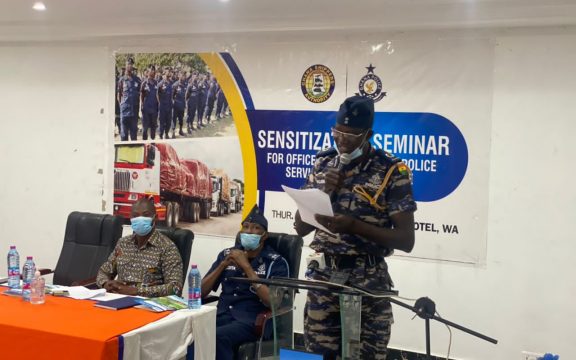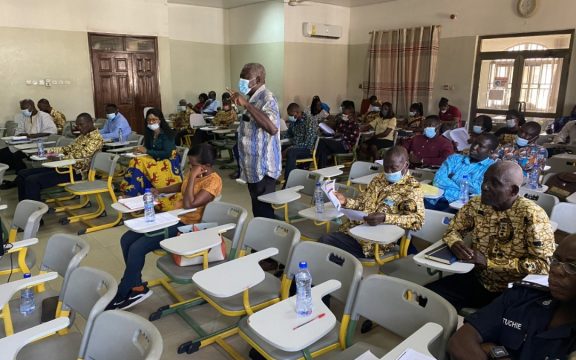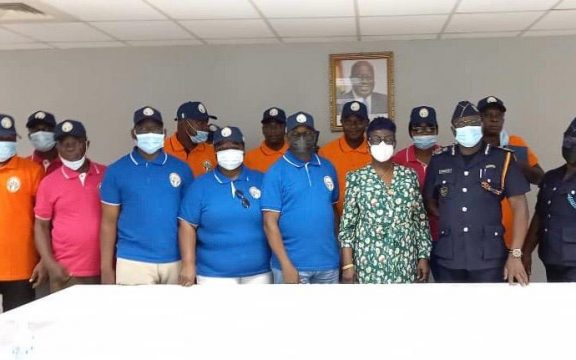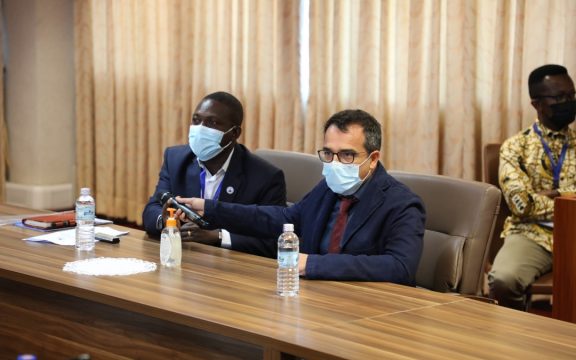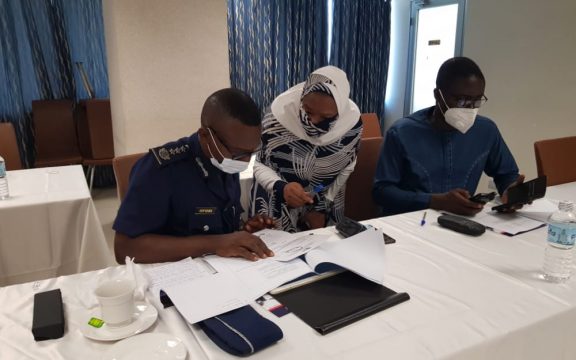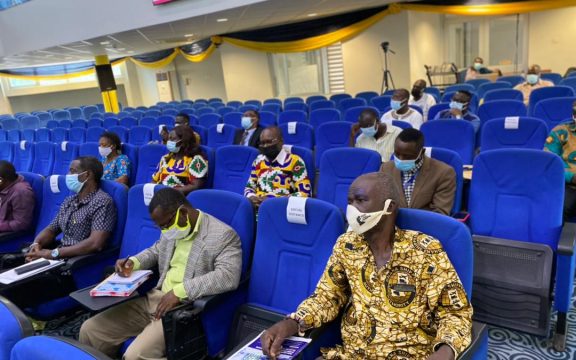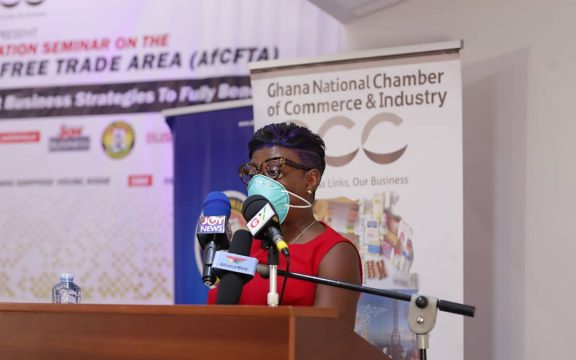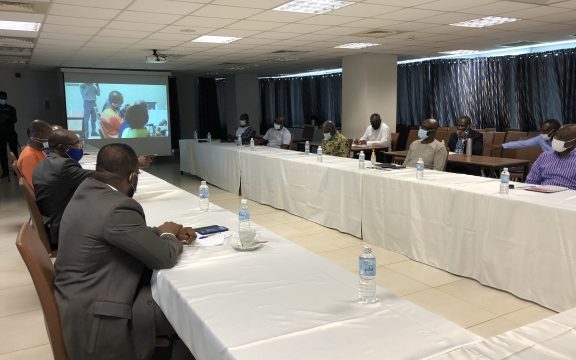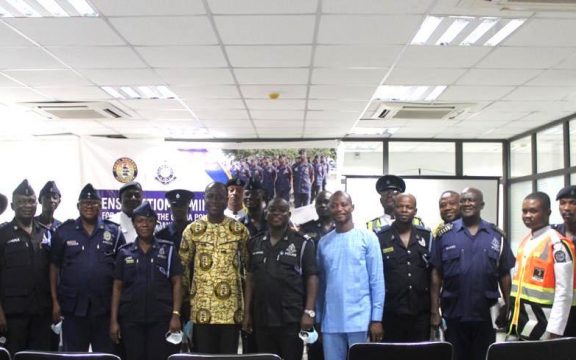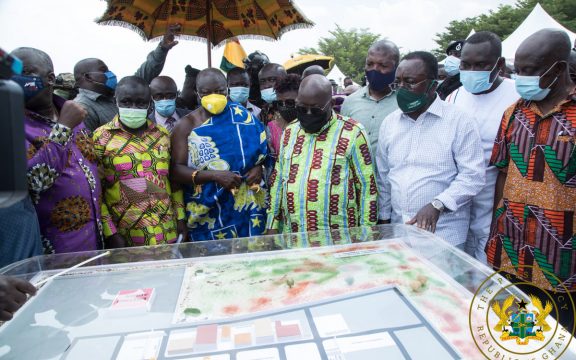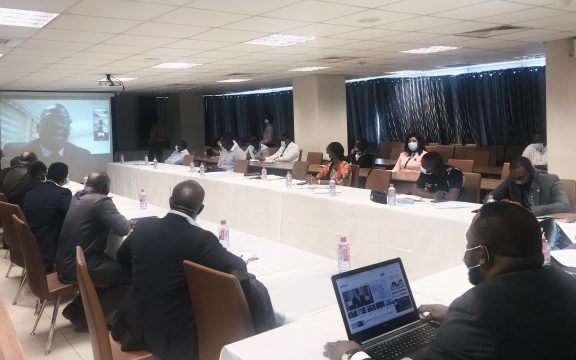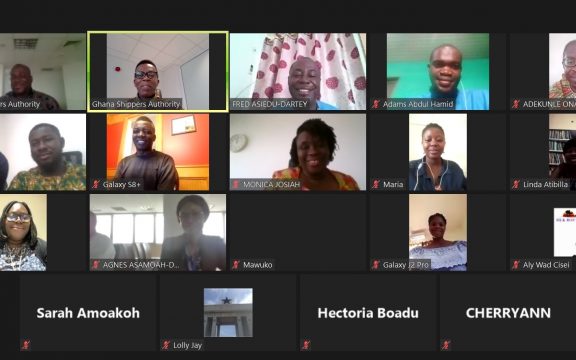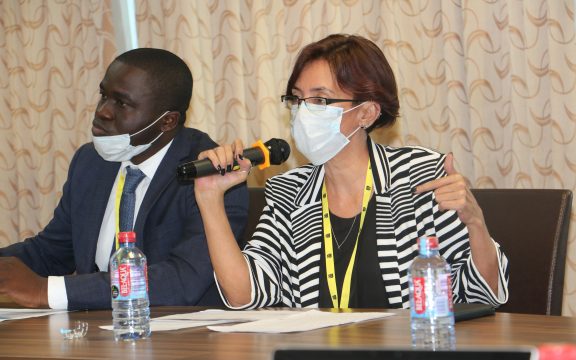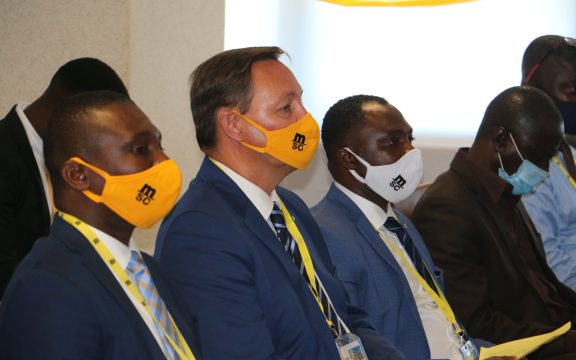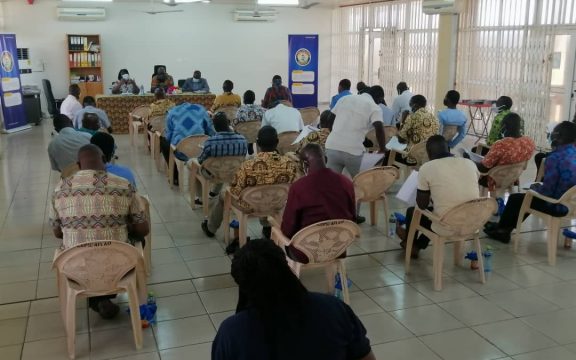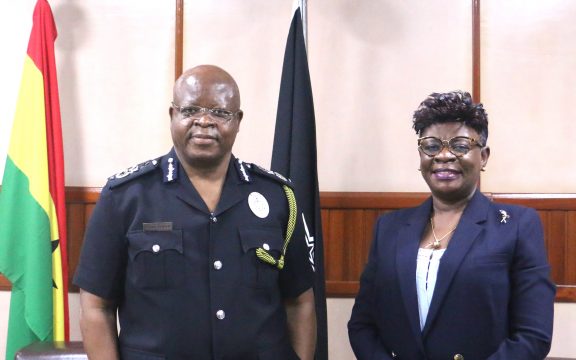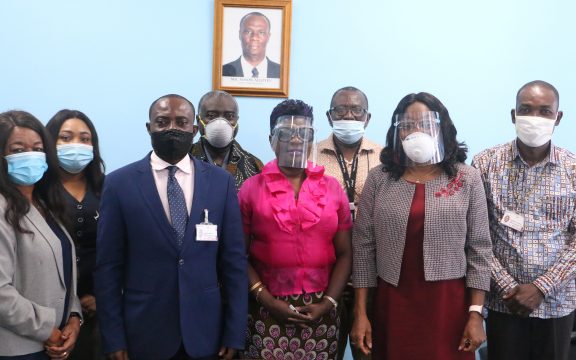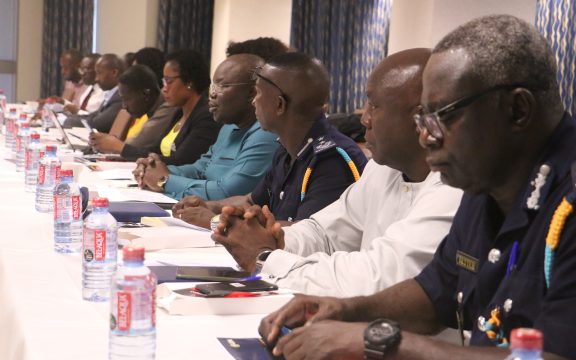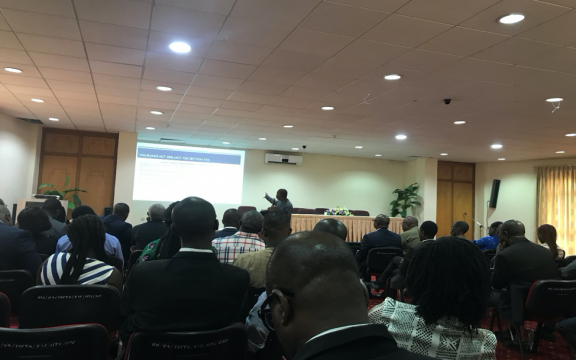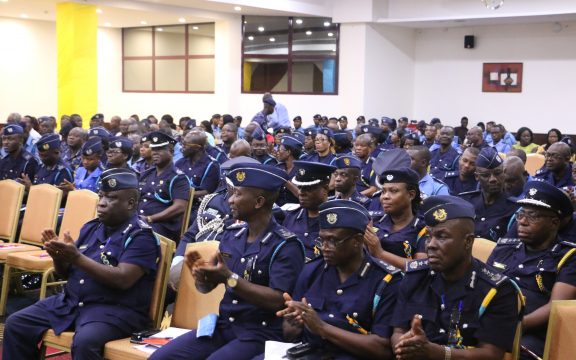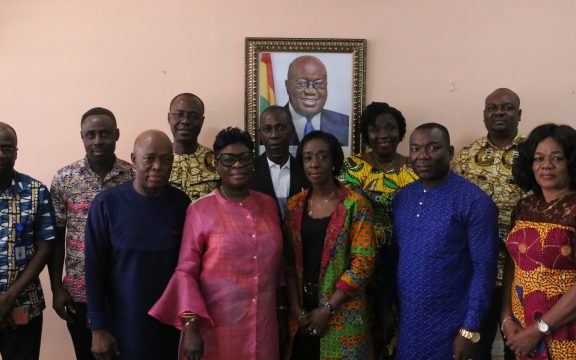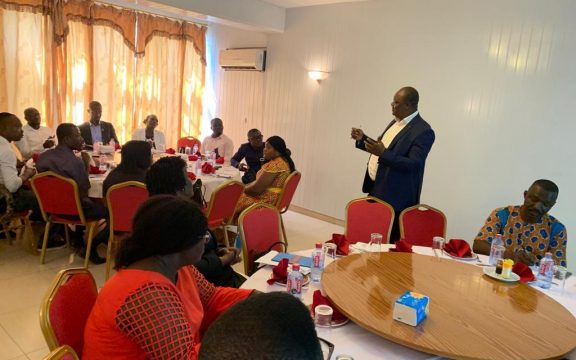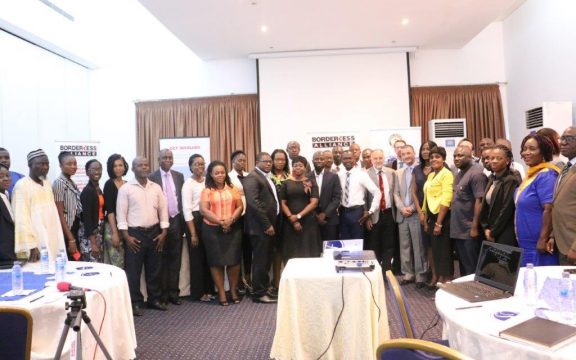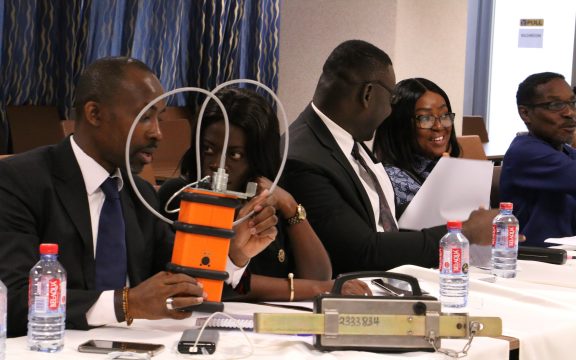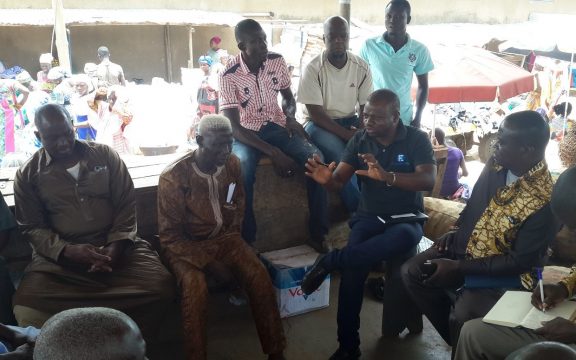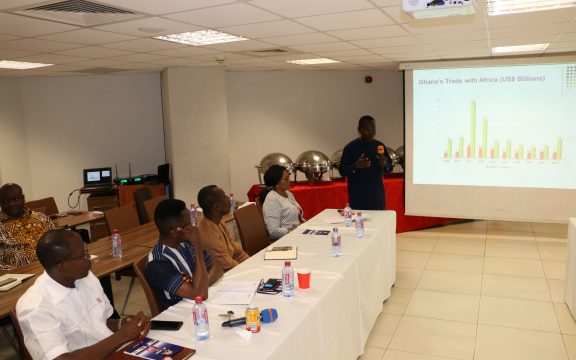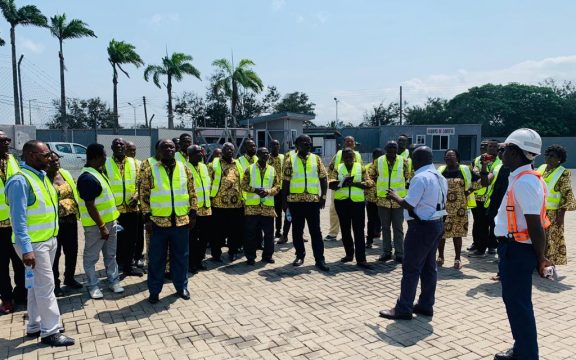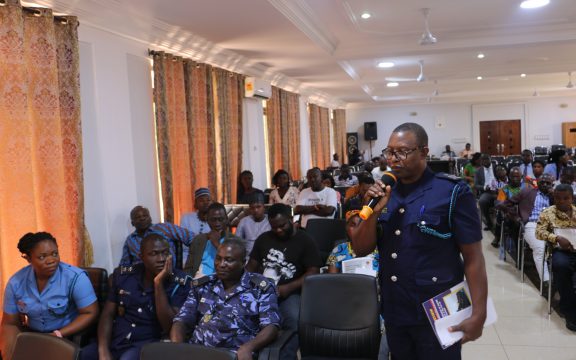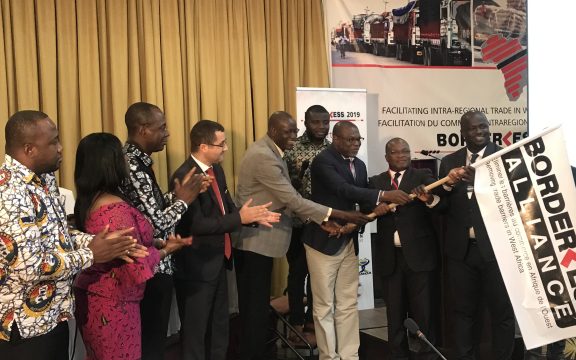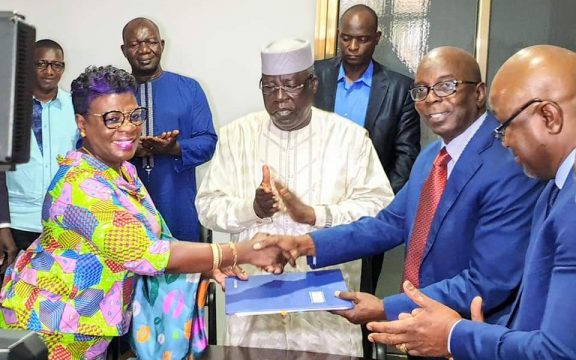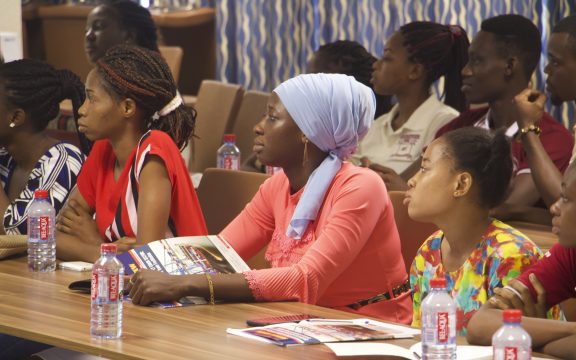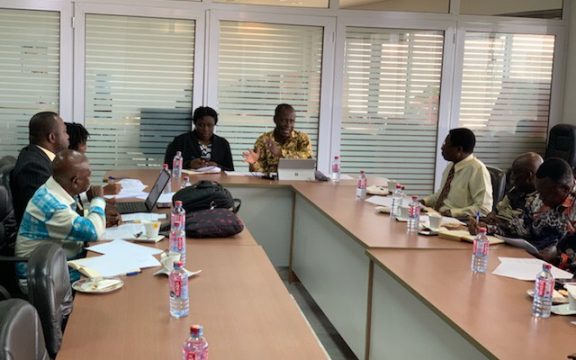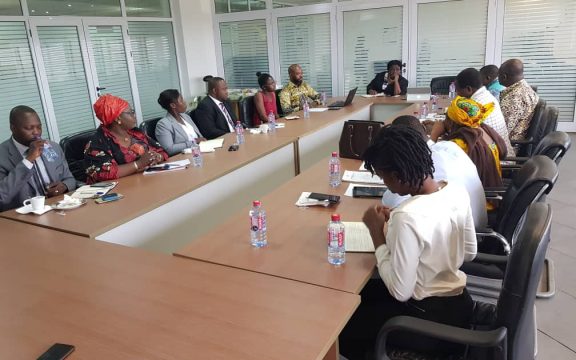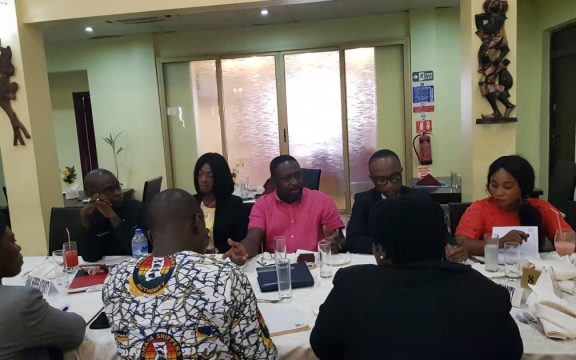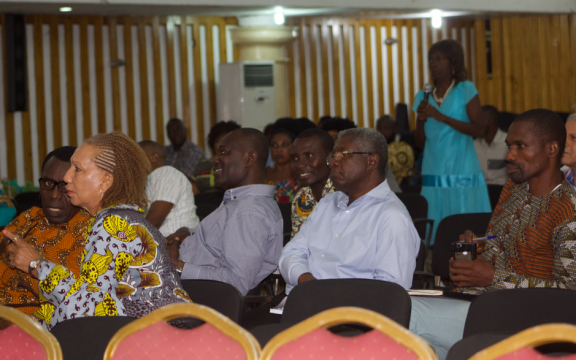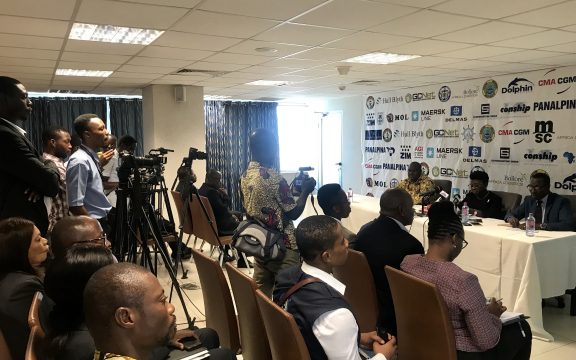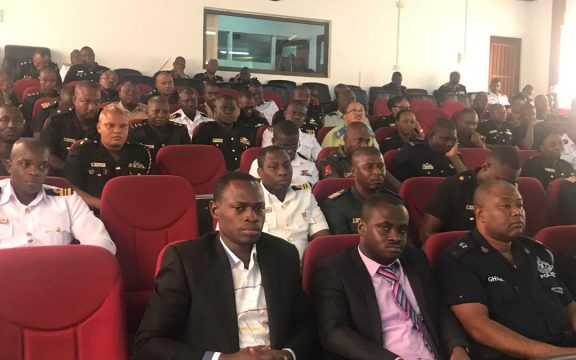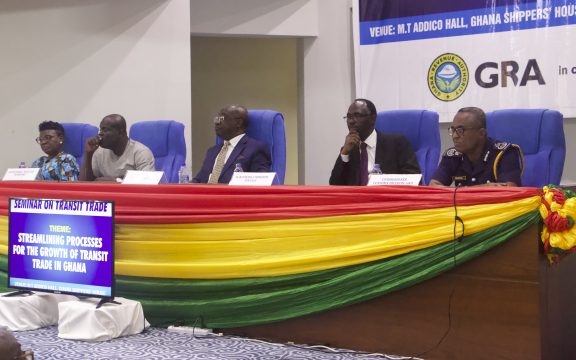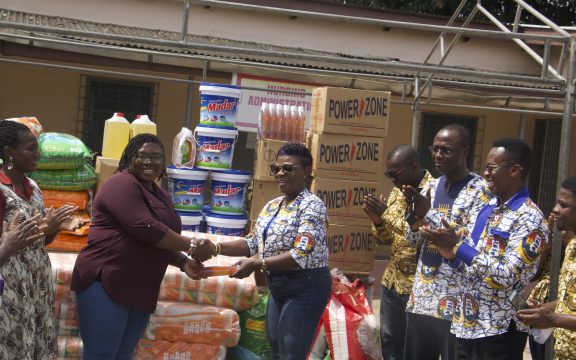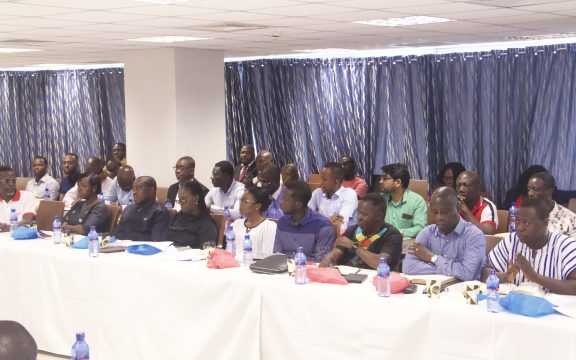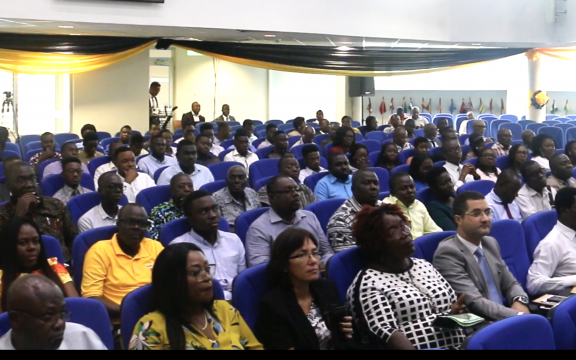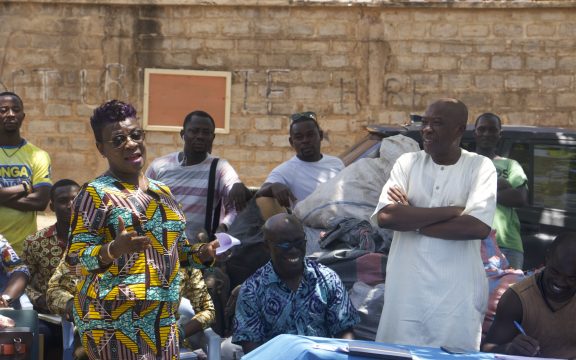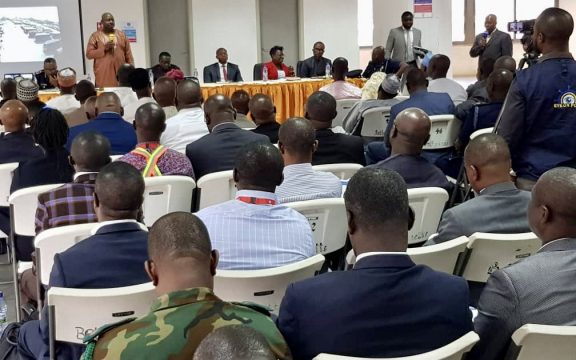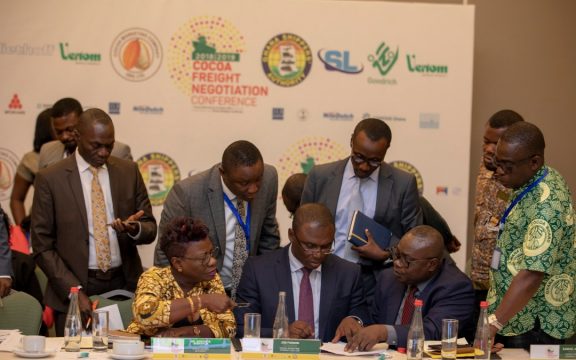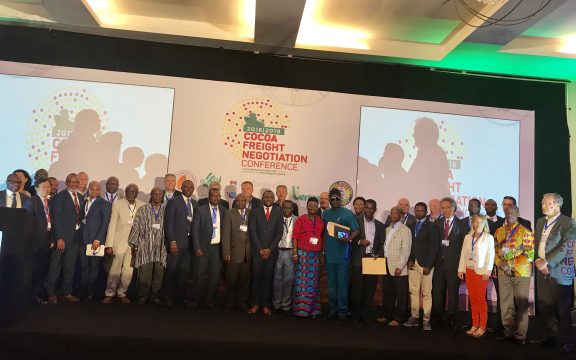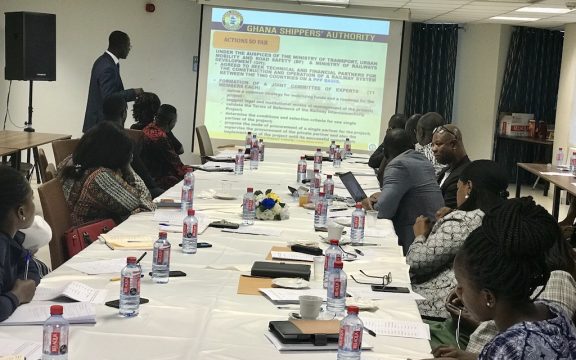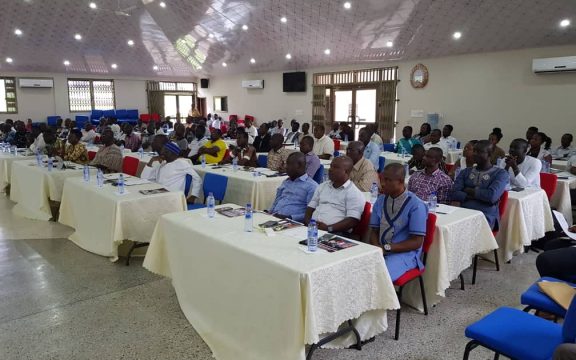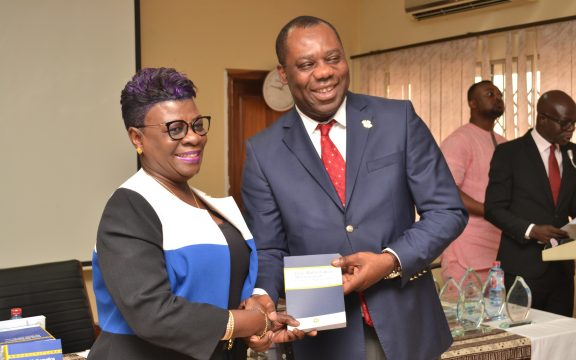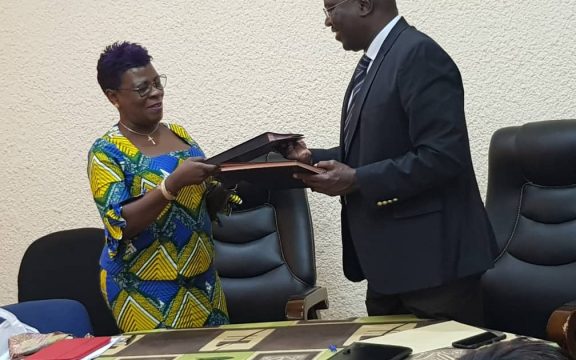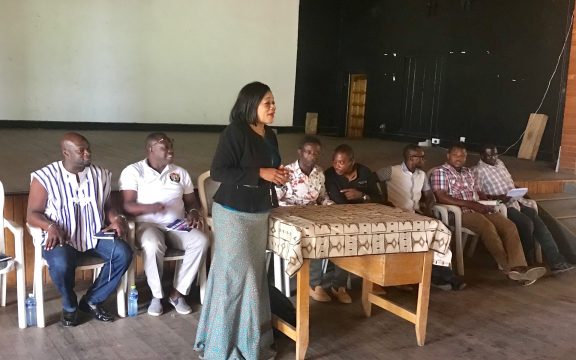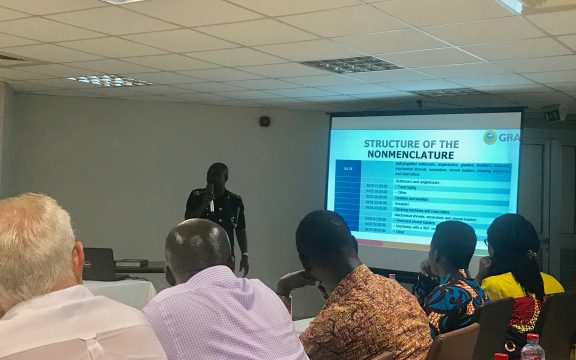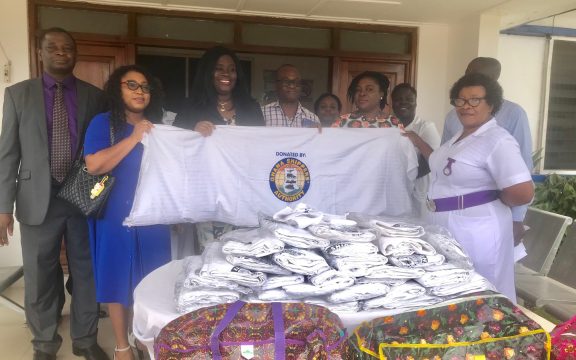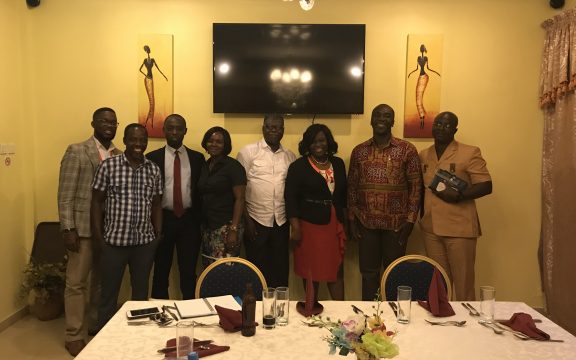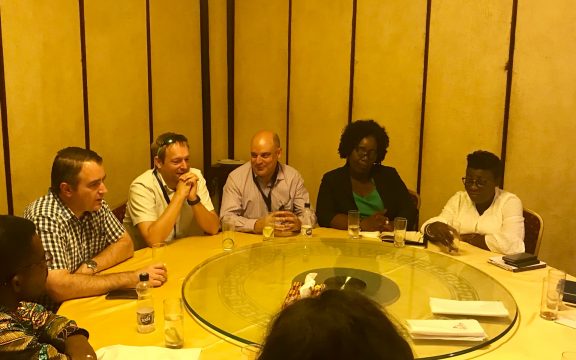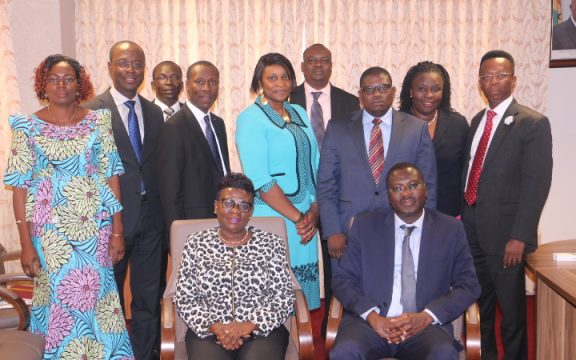Background
The African Continental Free Trade Area (AfCFTA) is a project of the African Union’s Agenda 2063. Its implementation is to attain inclusiveness and promote sustainable development across the continent over the next 50 years. The aim is to boost intra-African trade by providing a comprehensive and mutually beneficial trade agreement among the member states, covering trade in goods and services, investment, intellectual property rights and competition policy. According to the World Bank, the AfCFTA agreement will create the largest free trade area in the world measured by the number of countries participating. The pact connects 1.3 billion people across 55 countries with a combined gross domestic product (GDP) valued at US$3.4 trillion. It has the potential to lift 30 million people out of extreme poverty, but achieving its full potential will depend on putting in place significant policy reforms and trade facilitation measures.
Ghana hosts AfCFTA Secretariat
The selection of Ghana as the administrative seat of the Africa Continental Free Trade Area (AfCFTA) was historic because it marked the first time that the West African country would host an organ of the Pan-African organization despite the significant roles that Dr. Kwame Nkrumah played in the formation of the Organization of African Unity (OAU), the predecessor of the African Union (AU).
The country has geared up to blaze the trail by implementing policies and programmes that befit her status as the host of the AfCFTA Secretariat.
Progress under AfCFTA
The Secretary-General of AfCFTA, Wamkele Mene announced on 30th August 2022 that “all is set for commercially meaningful trading in goods under the AfCFTA regime to commence”. He added that the E-tariff Book and Rules of Origin Manual are already on its website to be used by member states to trade under the continental trading agreement.
Barely two (2) months after the announcement, the Government of Ghana successfully assisted thirty (30) Ghanaian Small and Medium Enterprises (SMEs) to secure certifications of origin that will enable them to start trading under AfCFTA, marking yet another milestone that befits her status as the host of the AfCFTA Secretariat.
The certified SMEs who are part of two hundred and thirty (230) potential exporters identified to be guided through AfCFTA processes, procedures and protocols were assisted through the (Ghana) National AfCFTA Coordination Office, which serves as the liaison between Ghana and the AfCFTA Secretariat. Two of the SMEs, Benso Oil Palm Plantation Limited and KEDA Ghana Ceramics Company Limited have been exporting palm oil products to Kenya and ceramics to Cameroon, respectively since October 2022.
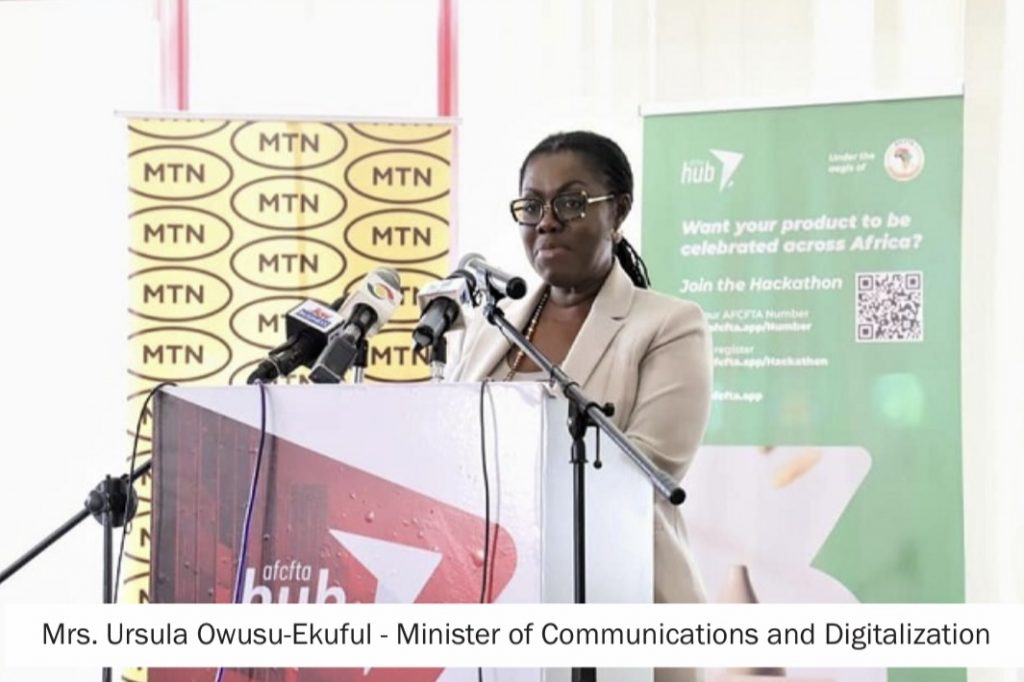 Another noteworthy achievement is that, about thirty-five (35) banks have so far signed on to the Pan-African Payment and Settlement System (PAPPS), which is an efficient cross-border payment system to enhance the smooth operationalization of AfCFTA.
Another noteworthy achievement is that, about thirty-five (35) banks have so far signed on to the Pan-African Payment and Settlement System (PAPPS), which is an efficient cross-border payment system to enhance the smooth operationalization of AfCFTA.
The AfCFTA Secretariat has also secured $9billion ($7billion from the Equity bank and $2billion from the World Food Programme and the Afrieximbank) to be disbursed to SMEs to support value addition, agriculture and minerals among others. As at August 2022, the Secretariat had raised $1billion from the Afrieximbank out of the $10billion Adjustment Fund it is expected to raise, to assist member states to develop industrial capacity. Private companies interested in securing funds from the facility are encouraged to apply through their respective governments.
Government of Ghana (GOG) AfCFTA Initiatives
On 29th August 2022, the Government of Ghana launched the “AfCFTA Hub” to facilitate digital trading and electronic commerce under AfCFTA. The initiative is also expected to enhance marketplace transactions to accelerate the implementation of AfCFTA and maximize its benefits. The notable feature of the Ghana AfCFTA Hub is the AfCFTA identification number (AfCFTA ID), a unique code to be provided to Small and Medium Scale Enterprises (SMEs), startups and other economic actors that would engage in trading under the initiative.
The immediate target group for the AfCFTA identification number roll out are persons and SMEs offering courier, postal, delivery, logistics, E-taxi, E-commerce, digital trading, and related services. It will enable enterprises to easily obtain a secure navigational tool as well as a trusted profile to speed up connections across the continent. The roll out of the identification number will be extended to other categories of businesses eventually.
Ghana and six (6) other African countries will soon commence the registration of young entrepreneurs and SMEs to enable them obtain their AfCFTA ID Numbers in Ghana free of charge. This will complement existing AfCFTA mechanisms that are already in operation.
Importance of Ghana’s AfCFTA Hub and the AfCFTA identification Number
In February 2020, the Heads of State and Government Assembly of the African Union decided to include E-commerce in the third phase of negotiations on AfCFTA. The E-commerce Protocol, also known as the Protocol on Digital Trade aims at promoting the emergence of African-owned E-commerce platforms at national, regional and continental levels. The launch of Ghana’s AfCFTA Hub and subsequent roll out of the AfCFTA ID therefore falls in line with the strategic intent of the continental agreement.
The AfCFTA Hub is expected to open the market space and make it easier for technology startups and other producers of Information and Communication Technology (ICT) goods and services to find markets across the continent. The use of digital technology would bolster the competitiveness of all sectors of the shipping and logistics industry and enable expansion of their markets. As a result of the AfCFTA identification number, the process of validating the background of any commercial counterparty would be highly automated, quick, and hassle-free, which will be adopted and the regulatory certification taking place on a unified platform.
It is worthy to note that the AfCFTA ID together with the AfCFTA Common Transaction ID are designed to protect Ghanaian importers and exporters from online fraud as more business transactions become digitalized. They form a significant step towards ensuring that the AfCFTA works efficiently for Ghanaian shippers, who by the click of a button, can identify the origins of demand for their goods, logistics, freight and haulage support whilst at the same time being protected from the ever-growing phenomenon of online fraud.
Way Foward
The launch of the Ghana AfCFTA Hub provides an avenue for SMEs and other such businesses to rake in foreign exchange to drive the growth of Ghana’s economy. The onus now lies on these categories of businesses to effectively and efficiently take advantage of the platform to obtain their AfCFTA ID and by that accelerate free trade for Africa’s economic transformation.
The AfCFTA Secretariat should also intensify collaboration with key stakeholders such as the Ghana Shippers’ Authority (GSA), Ghana Export Promotion Authority (GEPA) and the Ghana Free Zones Authority (GFZA) to embark on a nationwide education drive just as has been done with the Bank of Ghana with respect to the Letter of Commitment (LOC) for exporters; and also with the Customs Division of the GRA with respect to the Benchmark Reduction Value Policy in the recent past.
The collaboration between the GSA and various stakeholders has led to positive reviews from shippers on the LoC and Benchmark Reduction Value Policy, hence a similar collaboration would aid the effective acceptance of the AfCFTA ID.
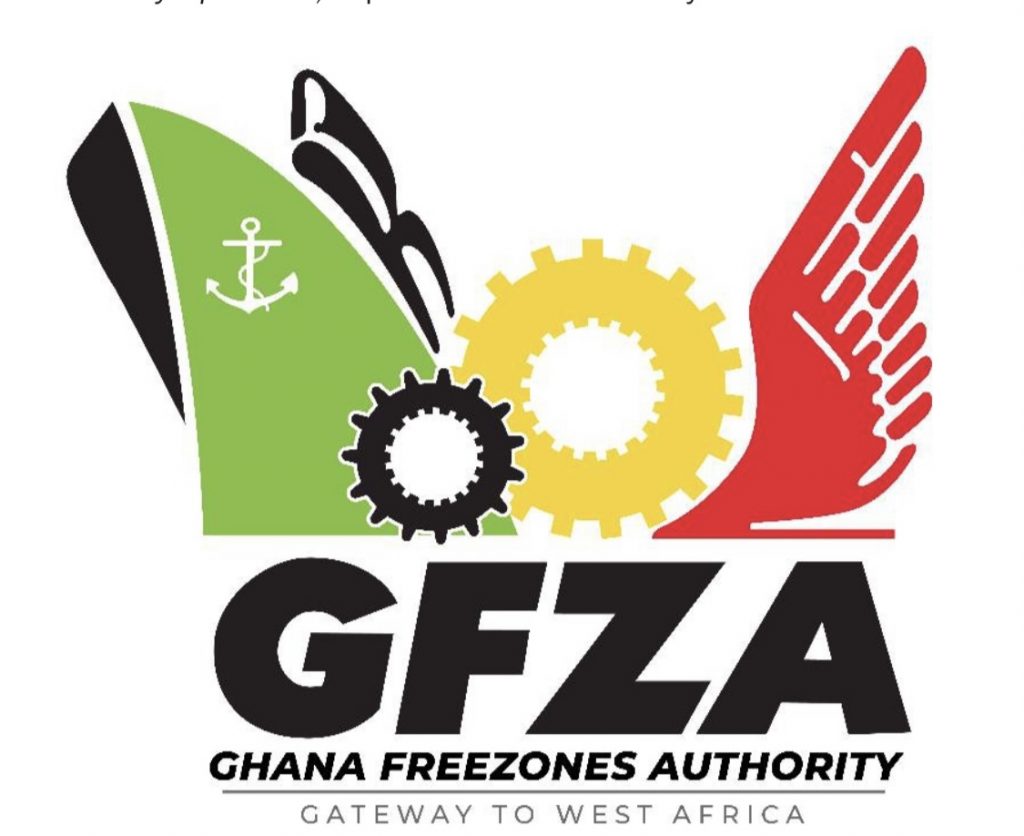 Conclusion
Conclusion
The roll-out of the Ghana AfCFTA hub is timely as it comes at a time when the country is fervently driving its digitalization agenda to promote E-Commerce and digital trade, and also to protect SMEs and Startups that utilize electronic platforms.





